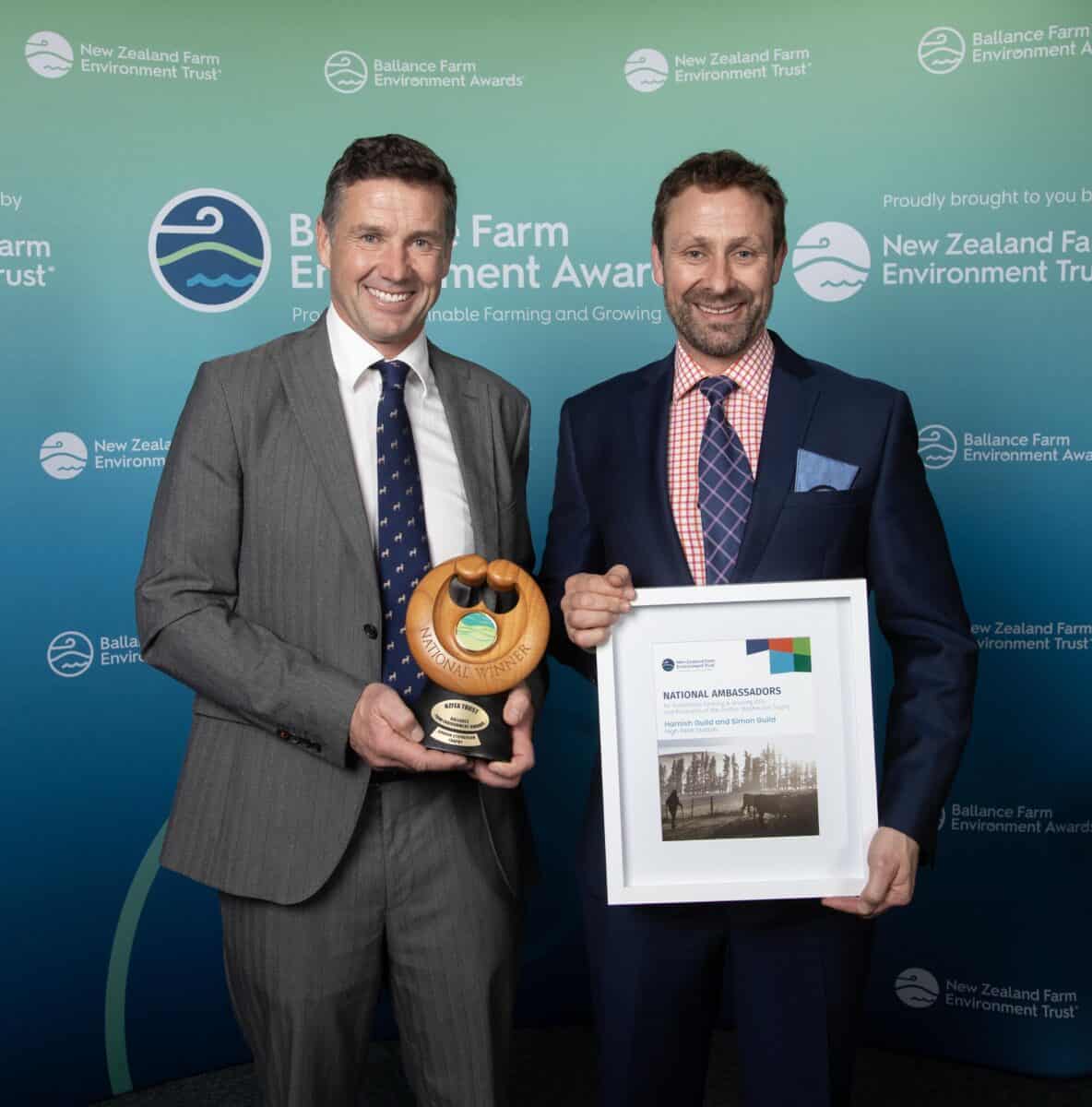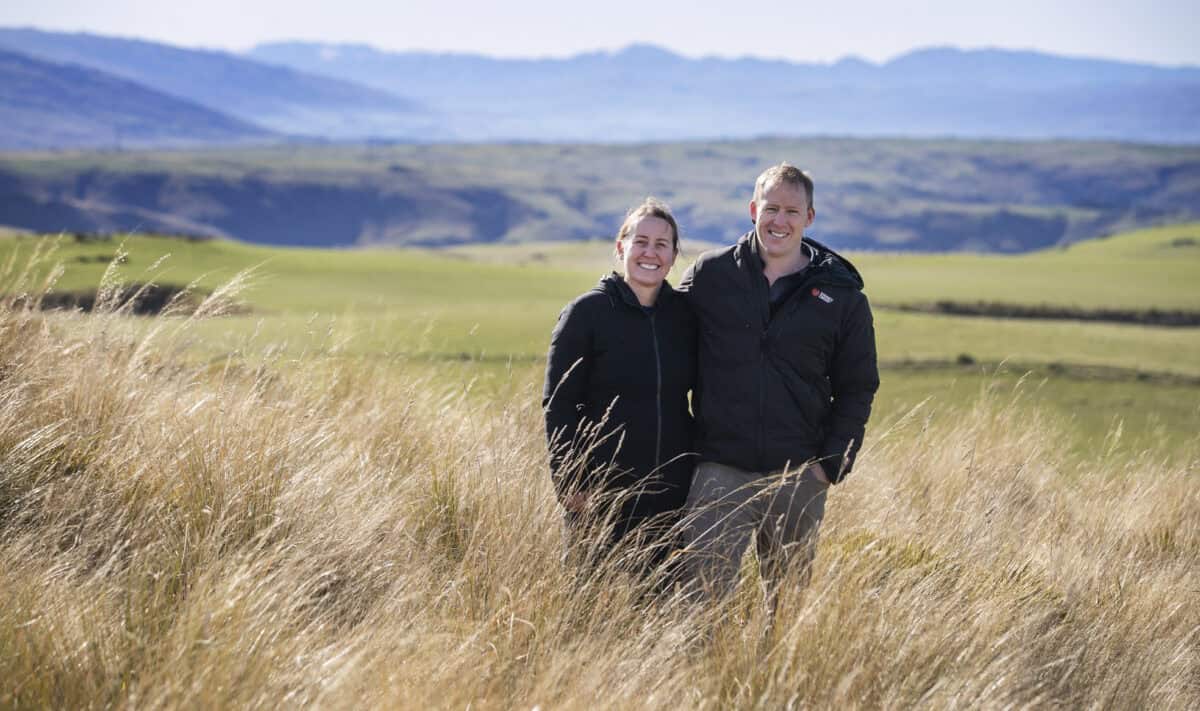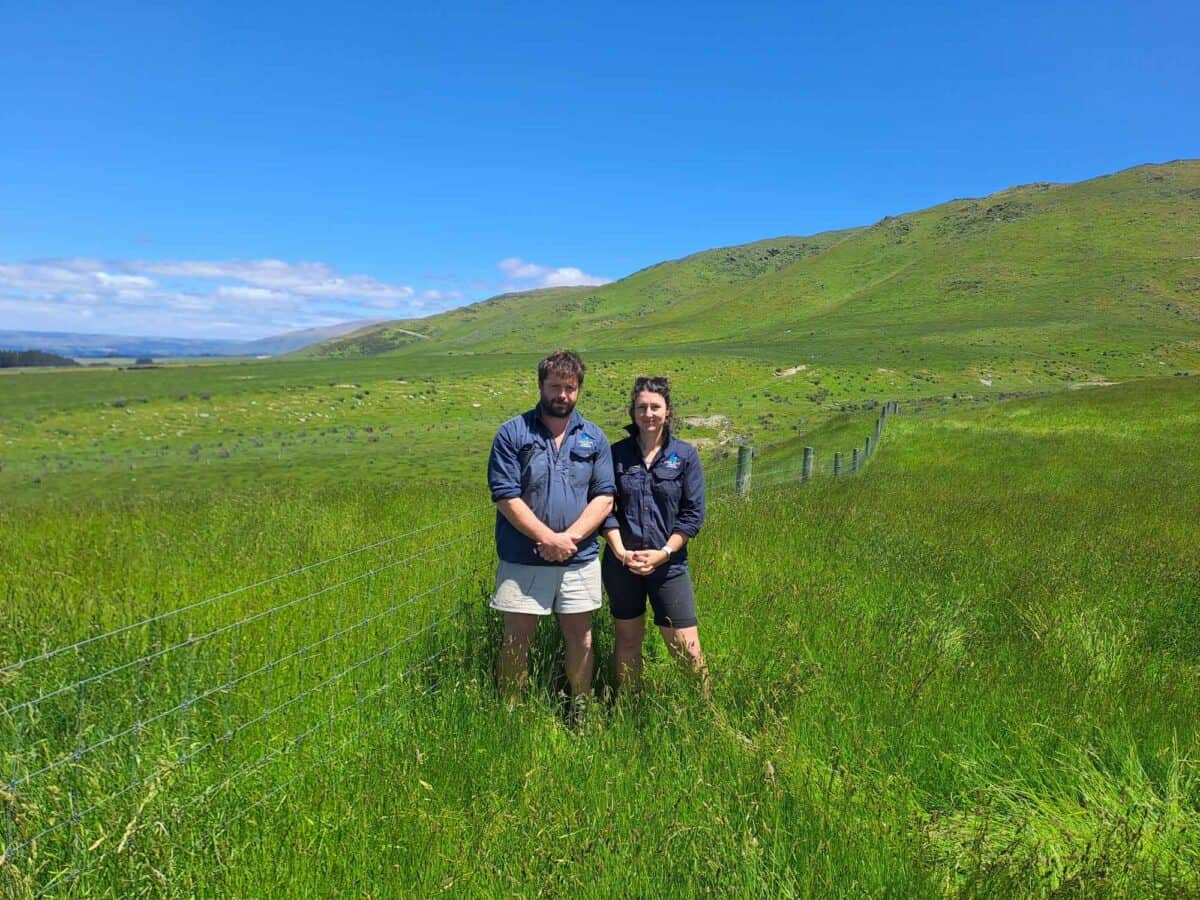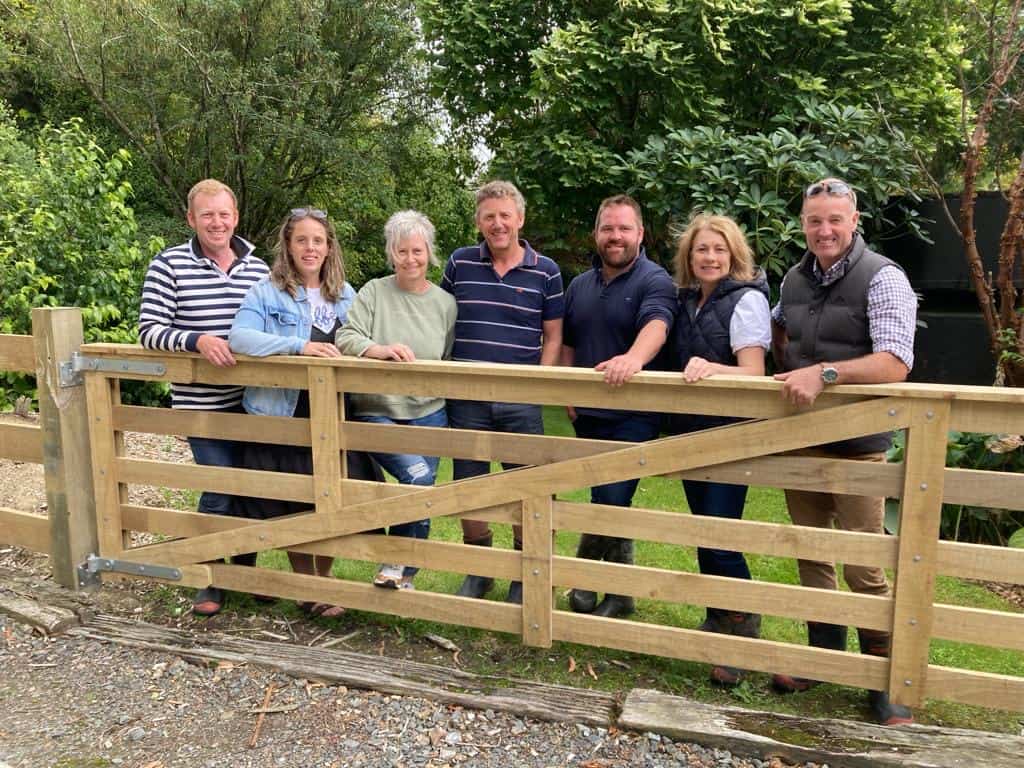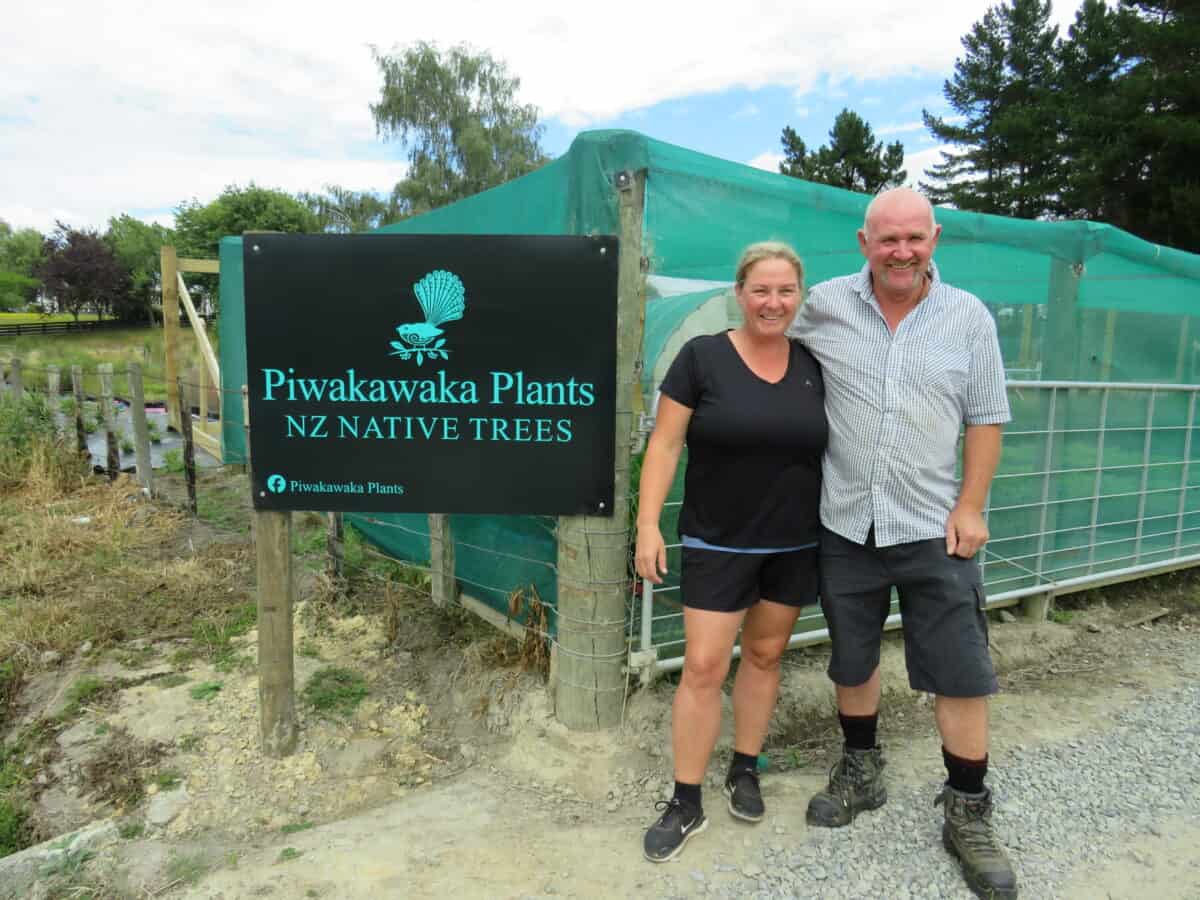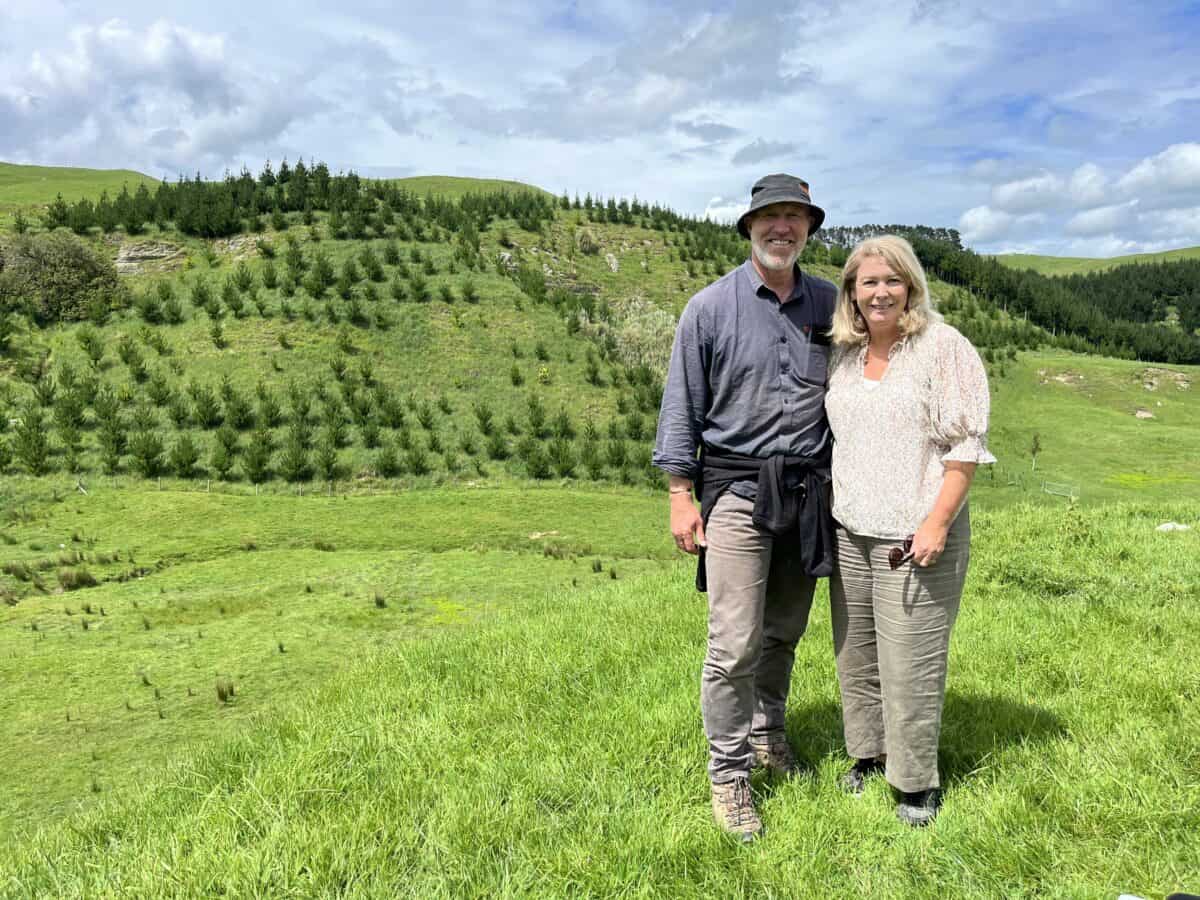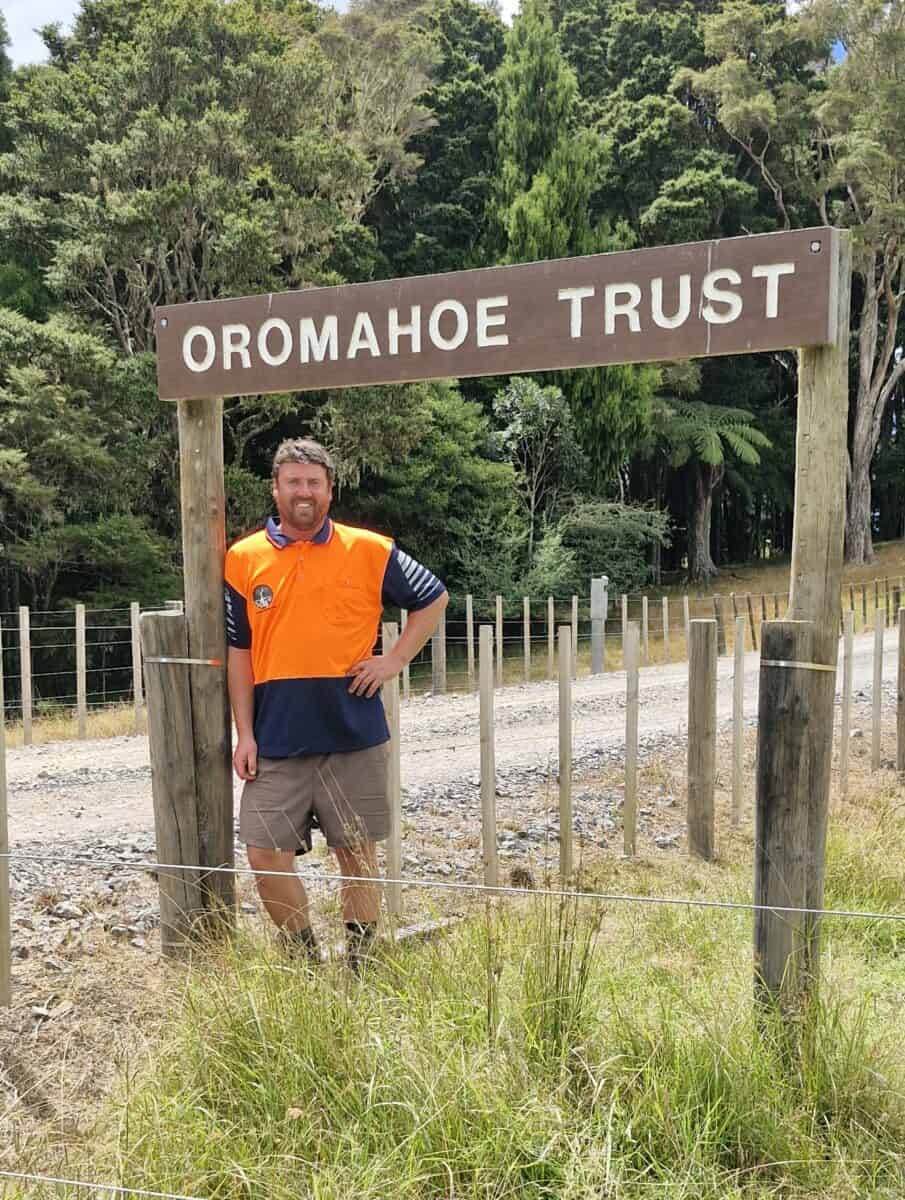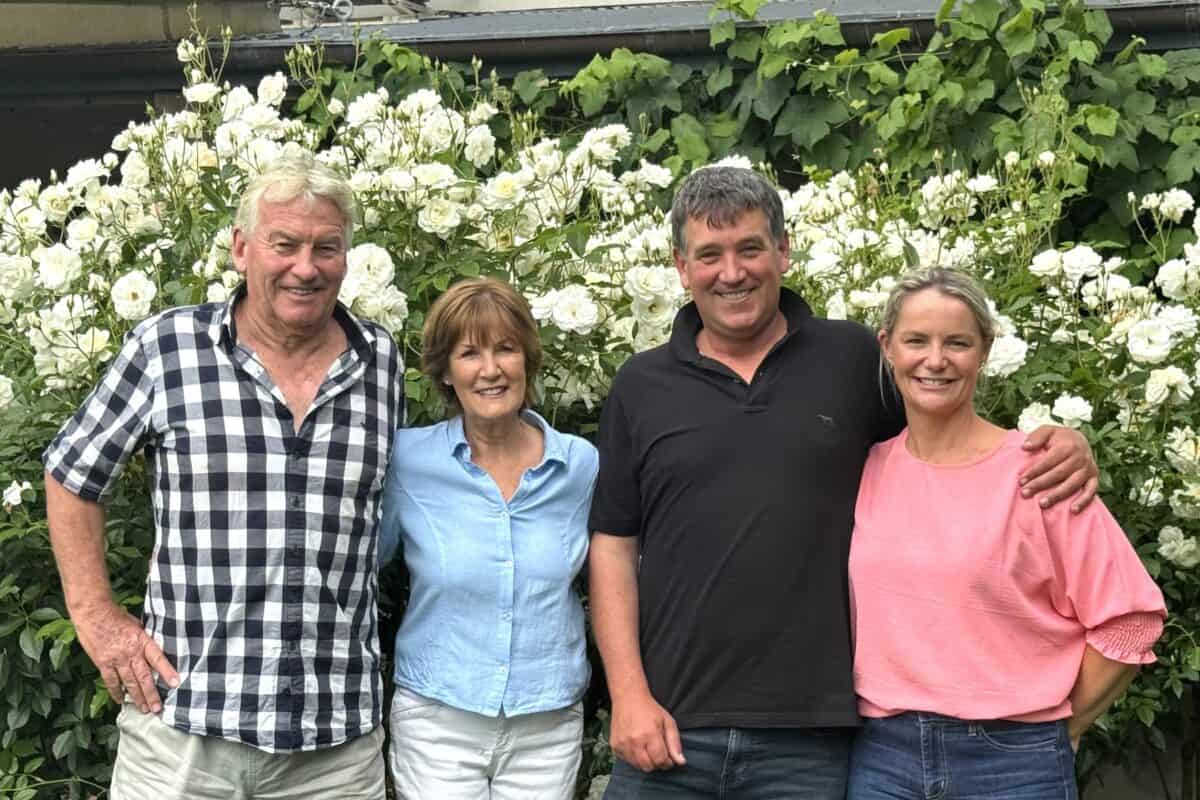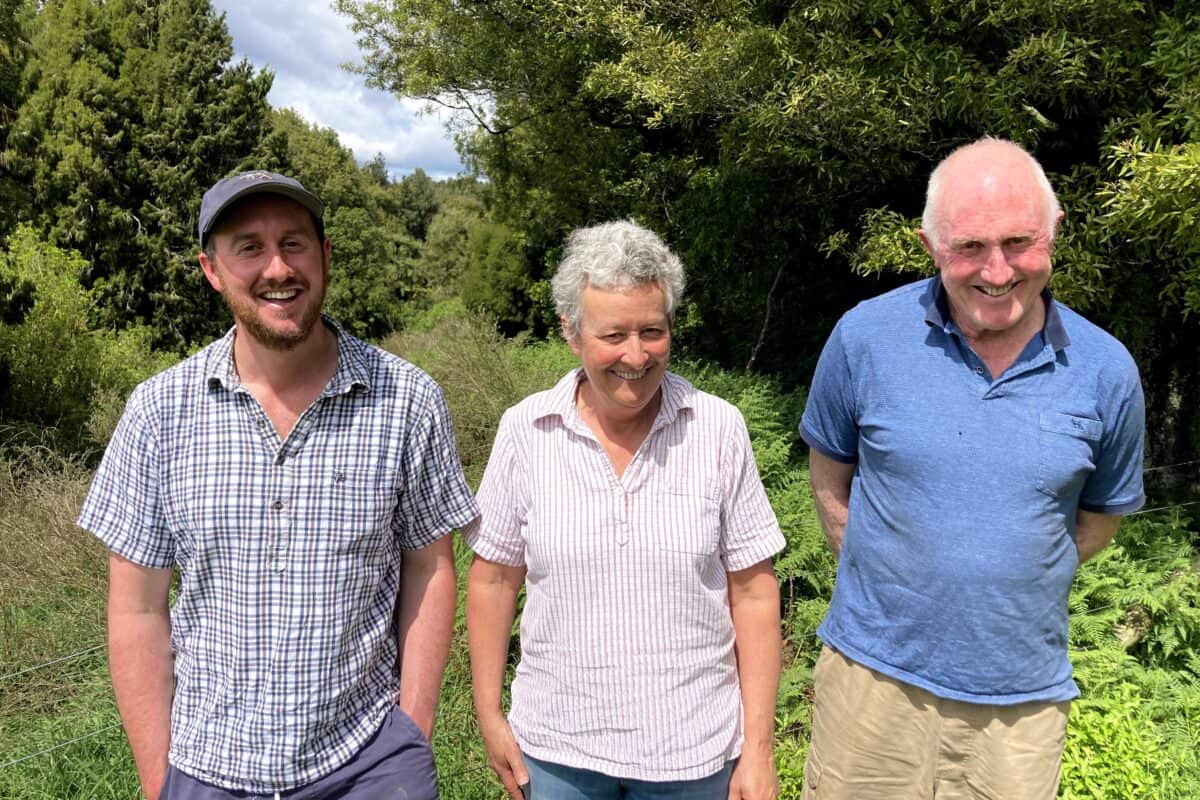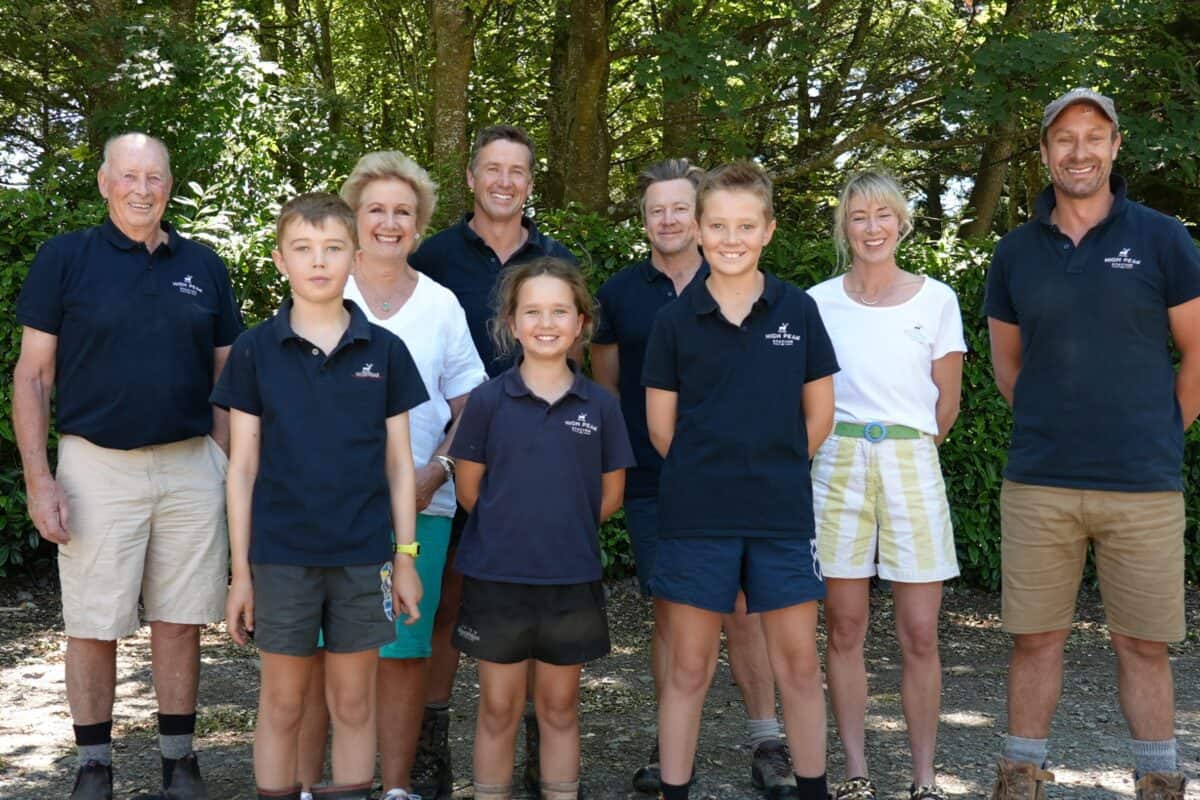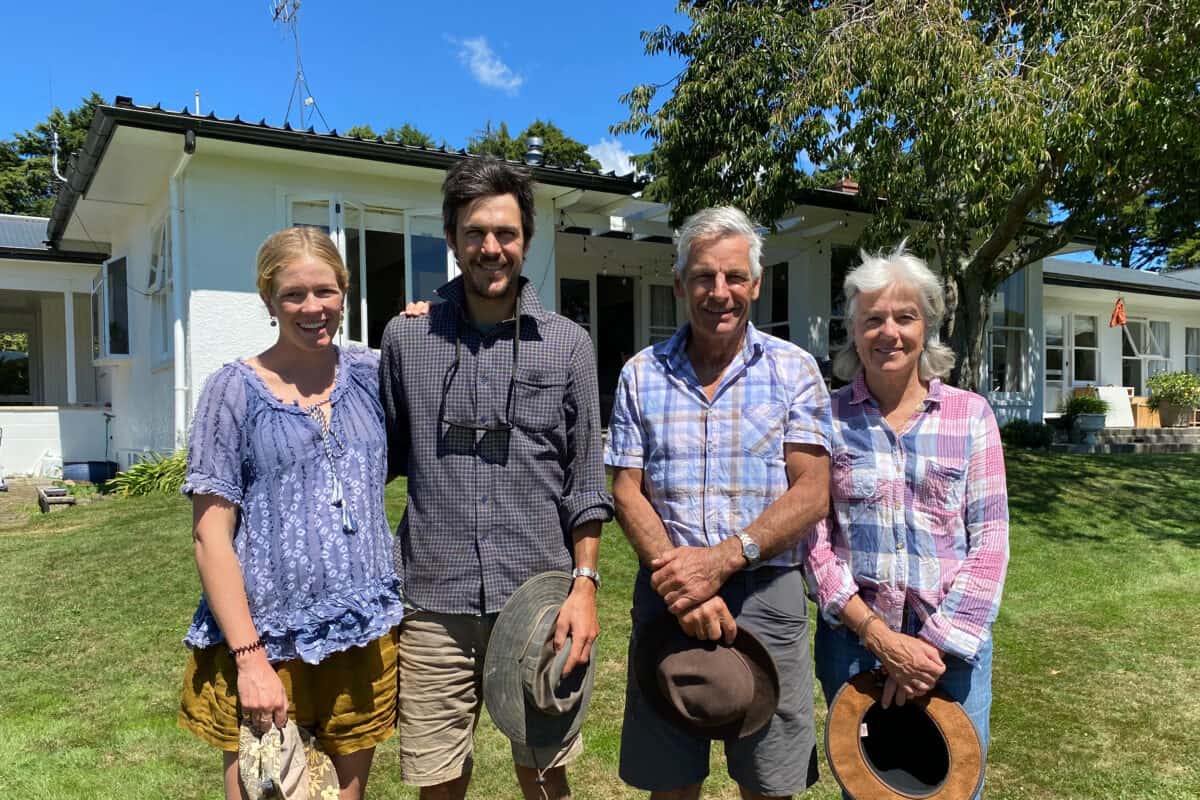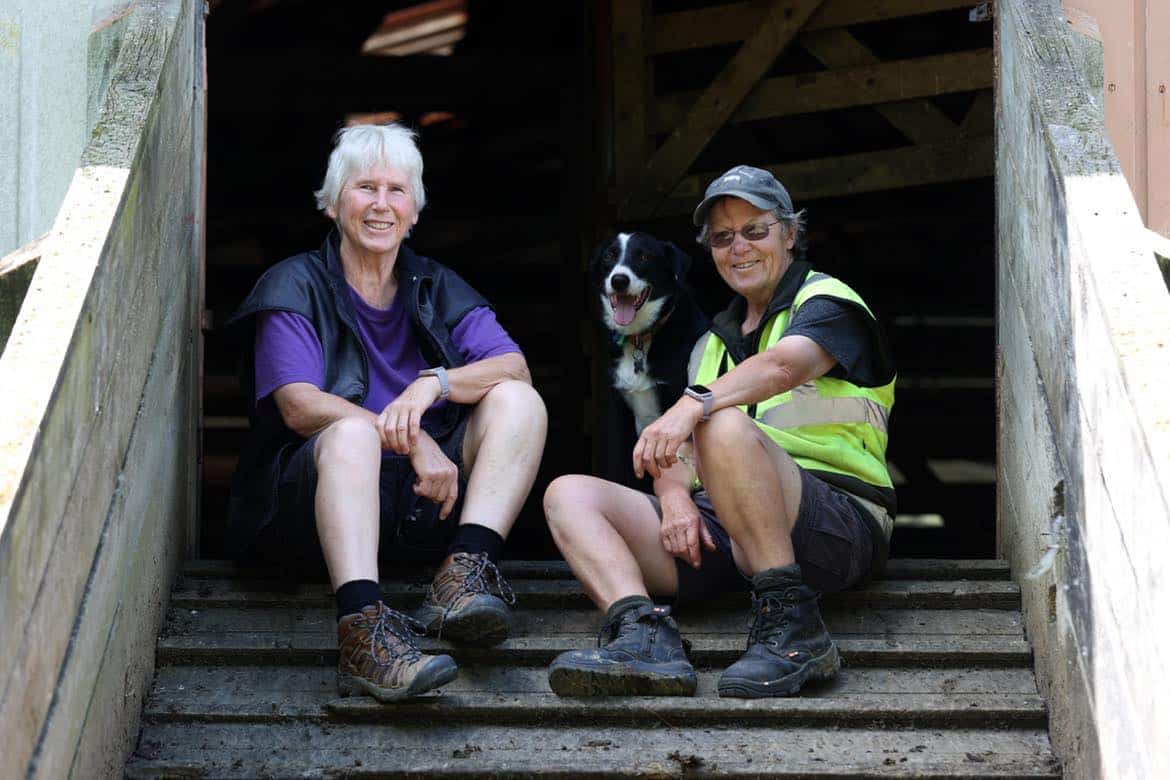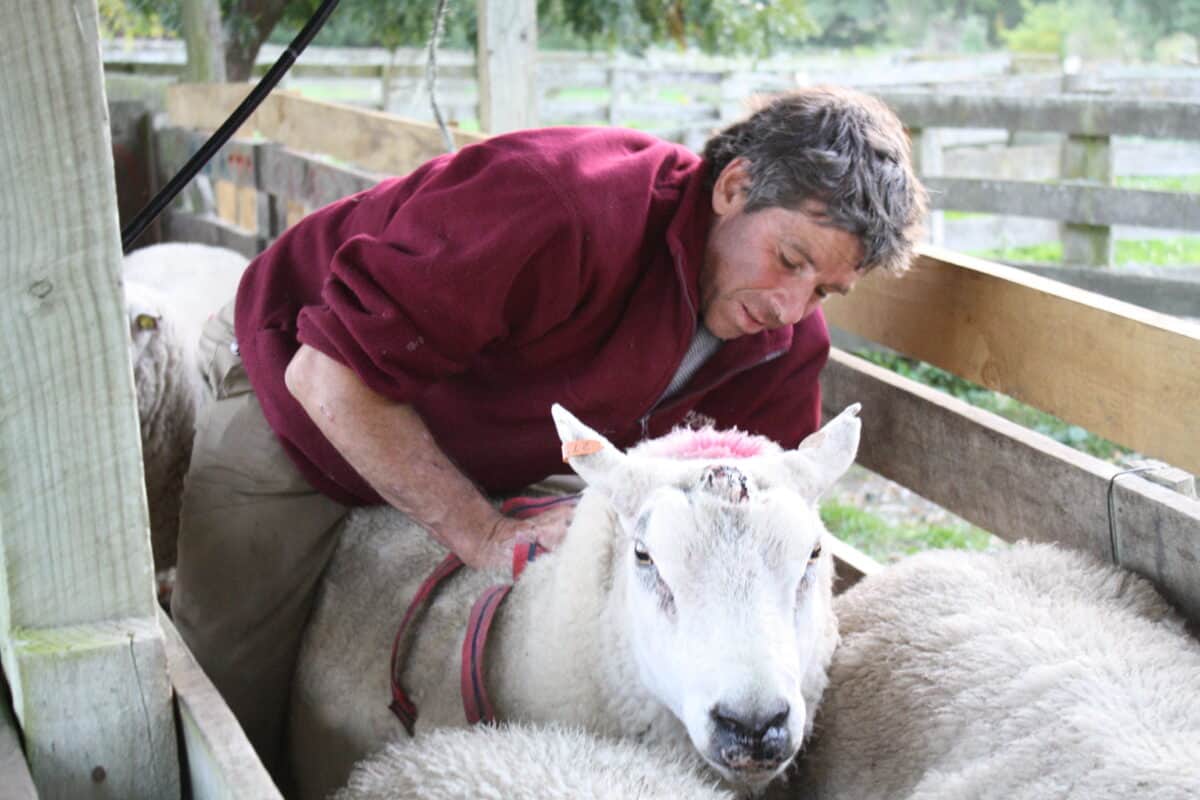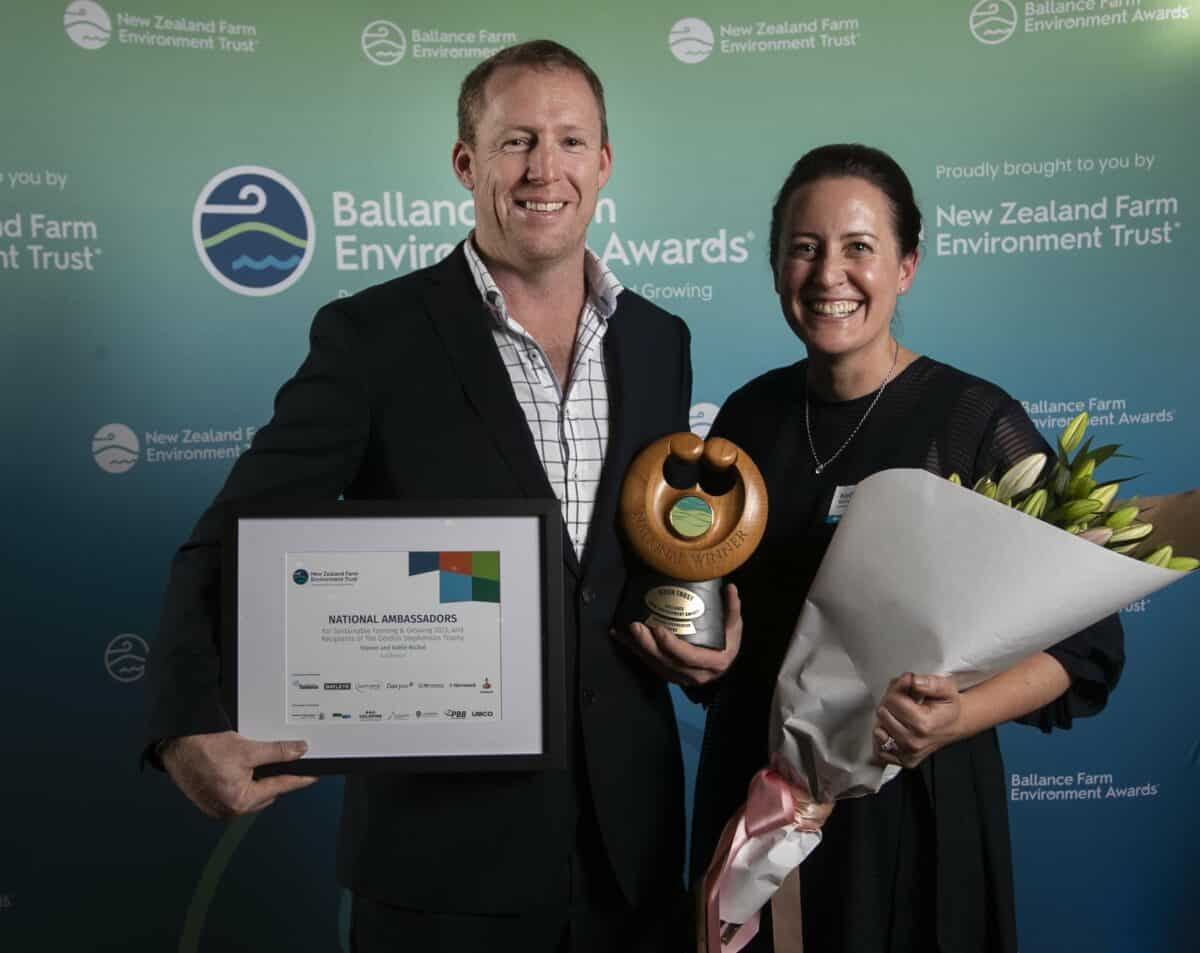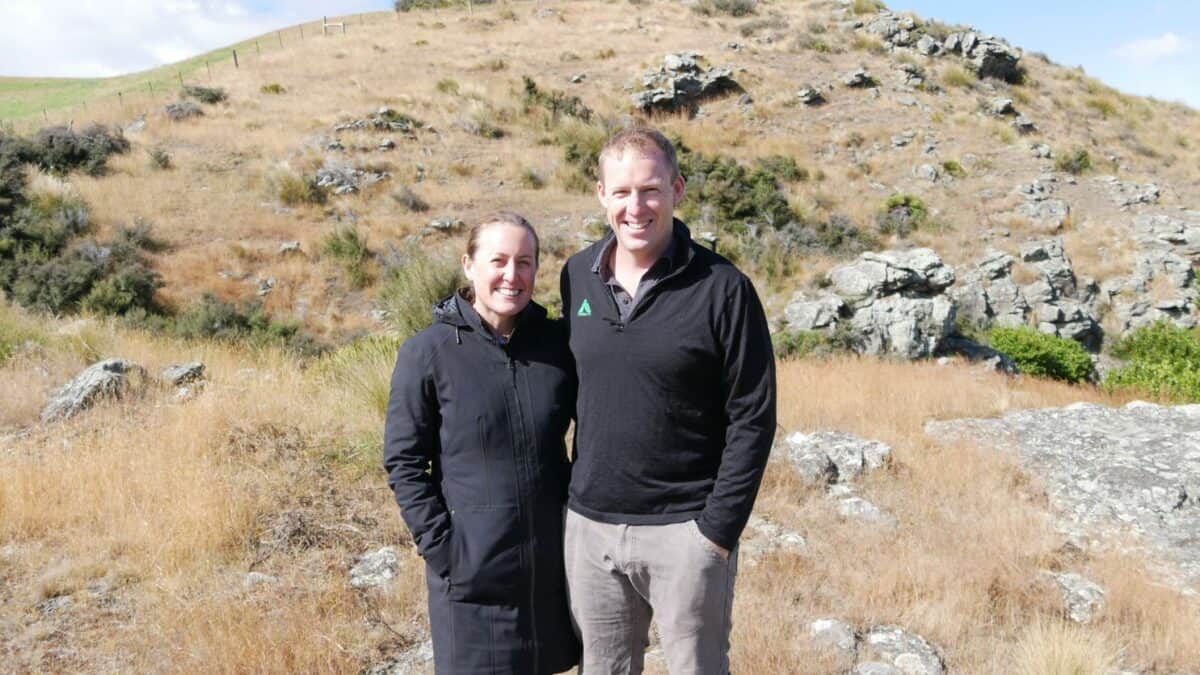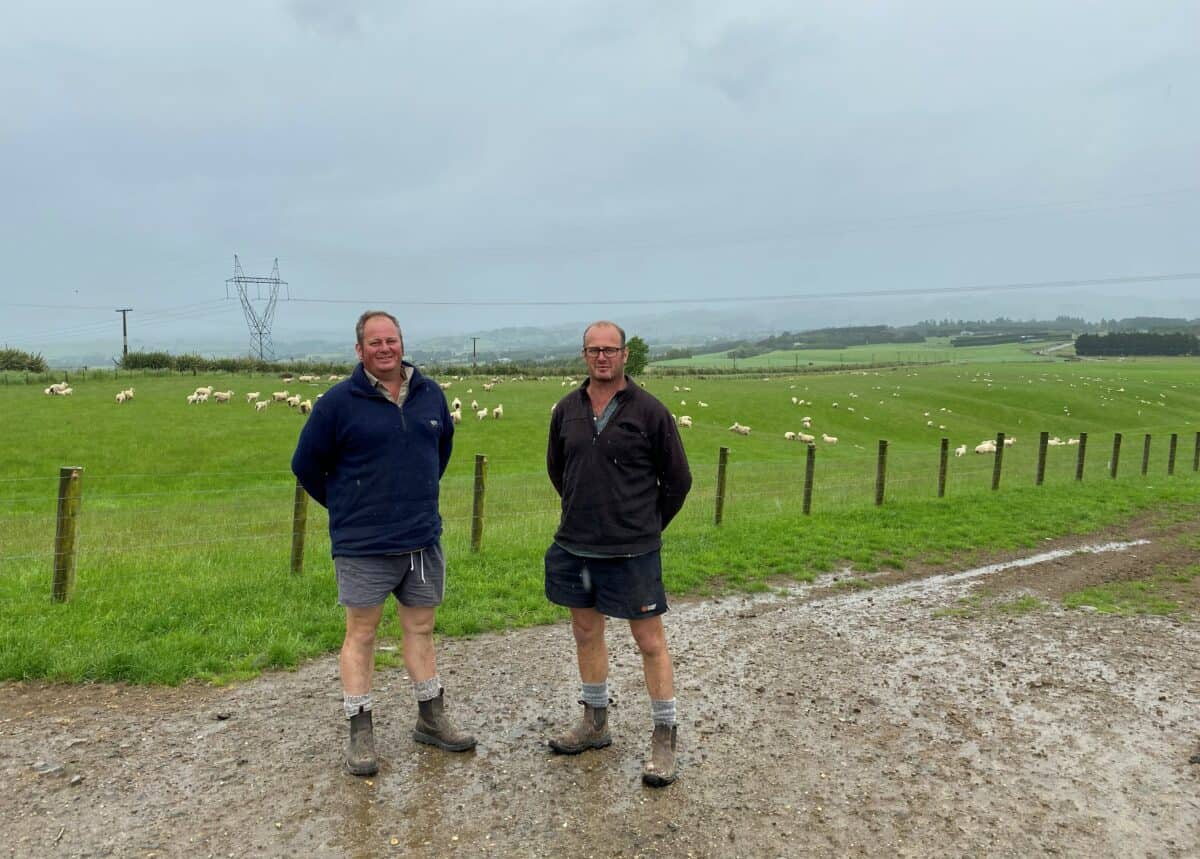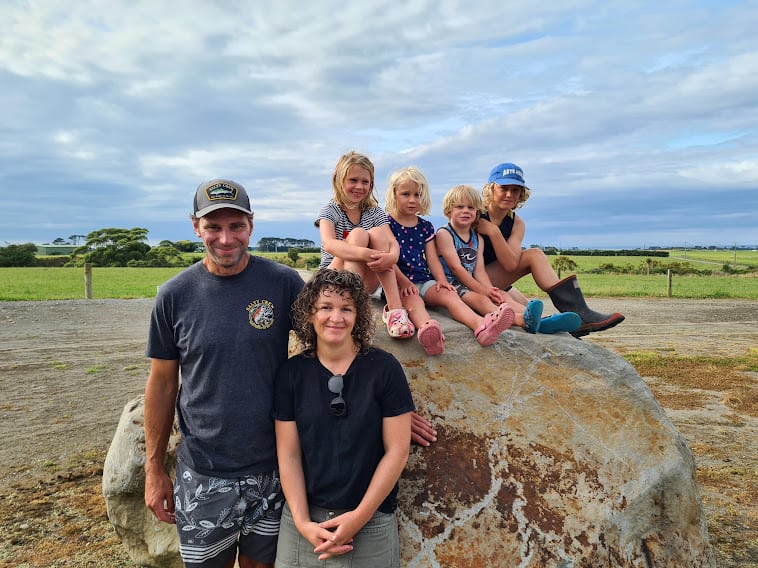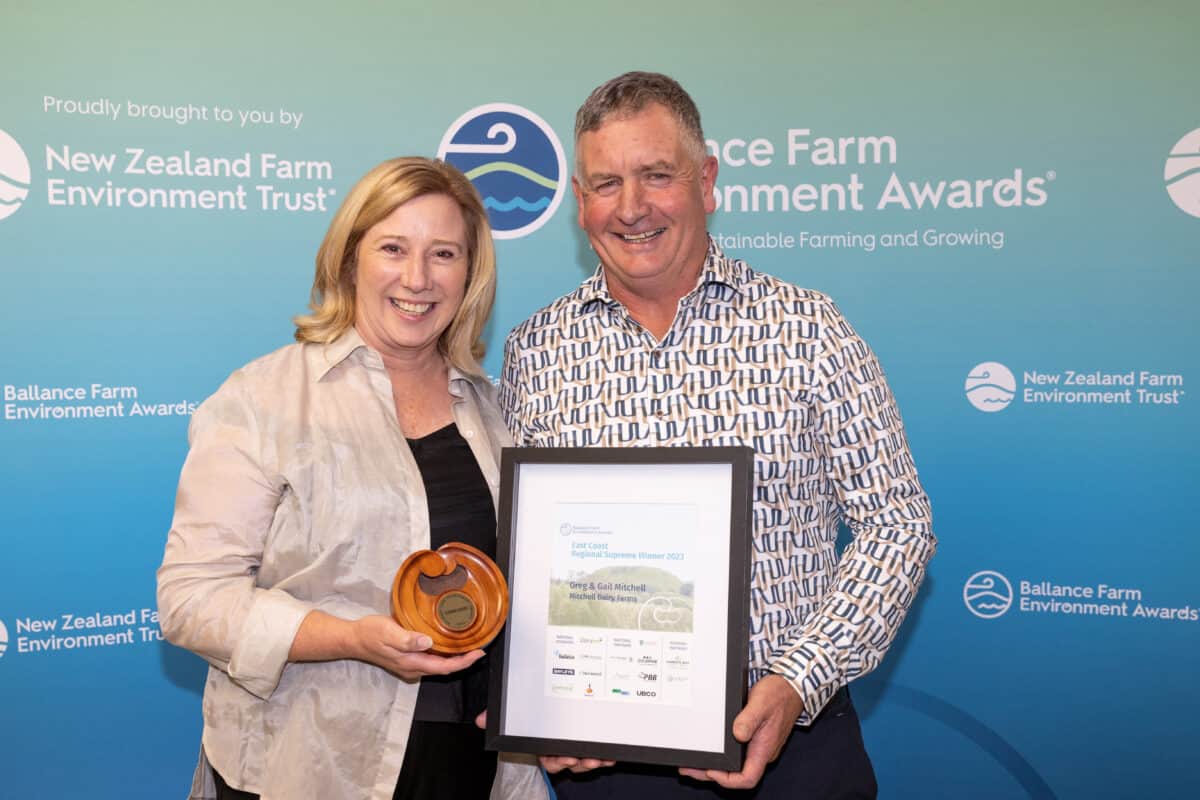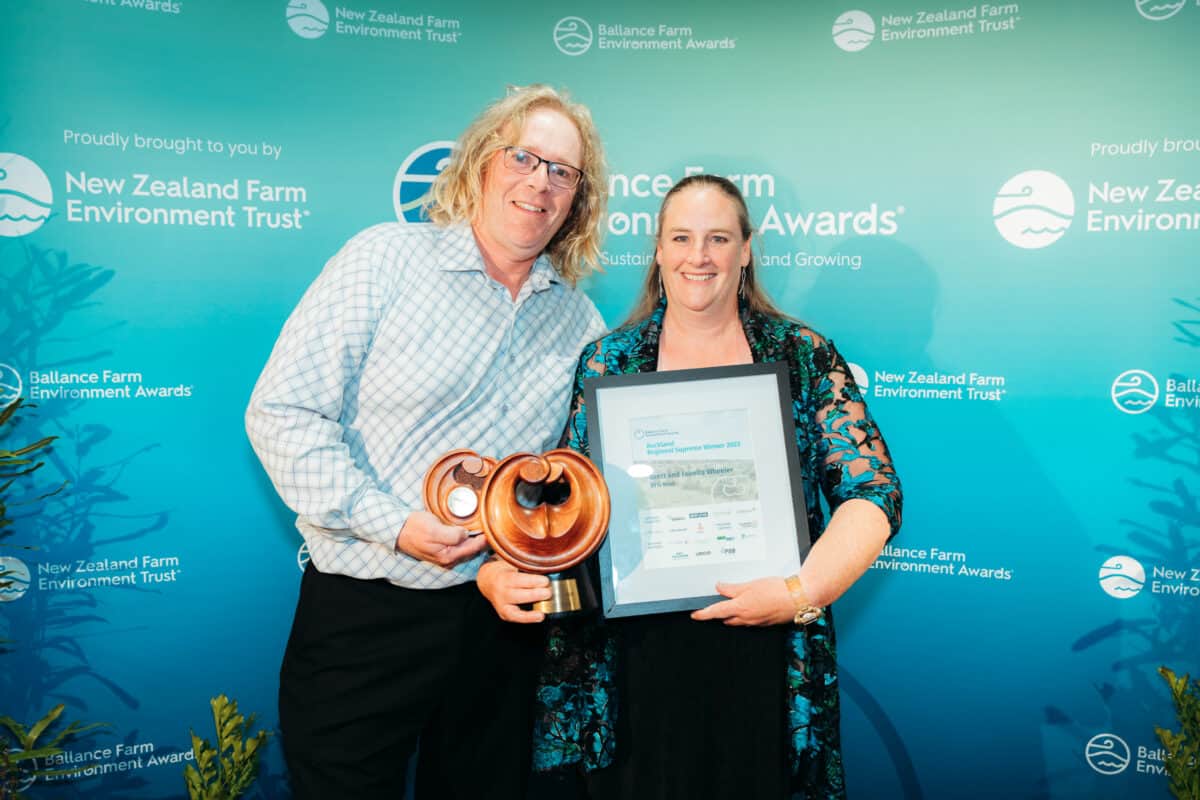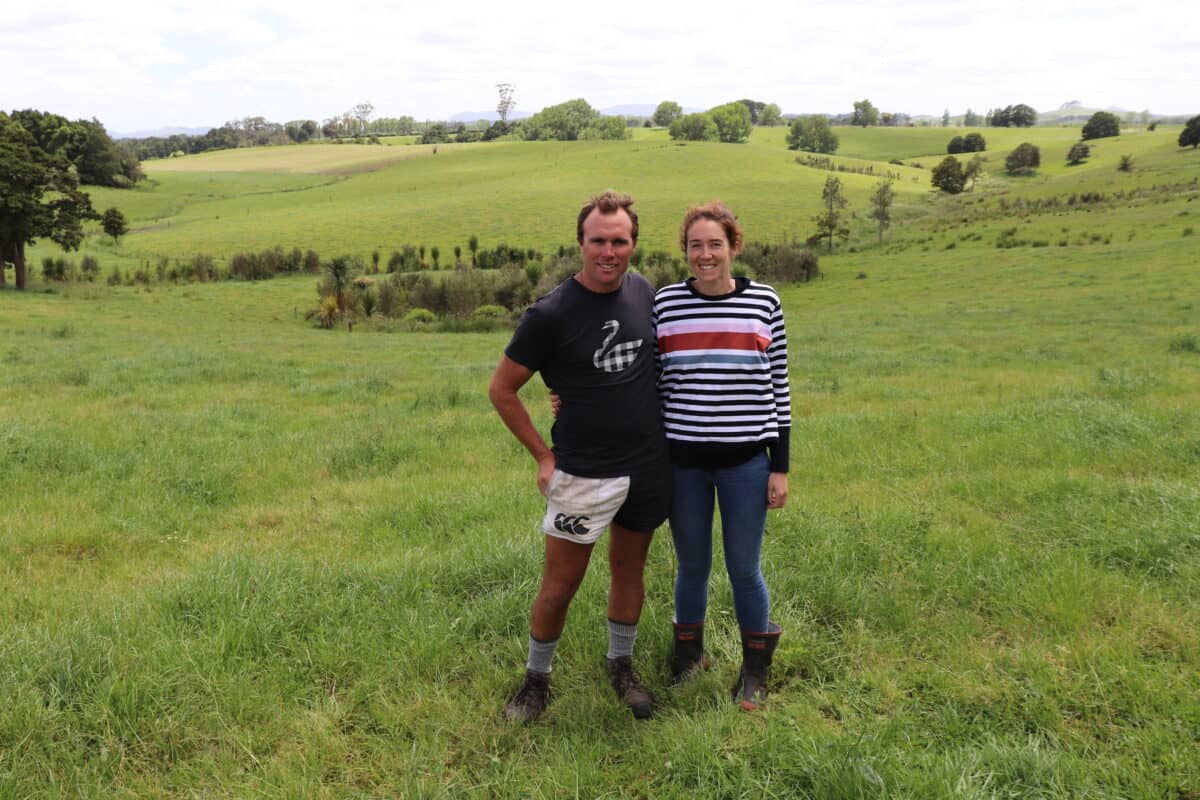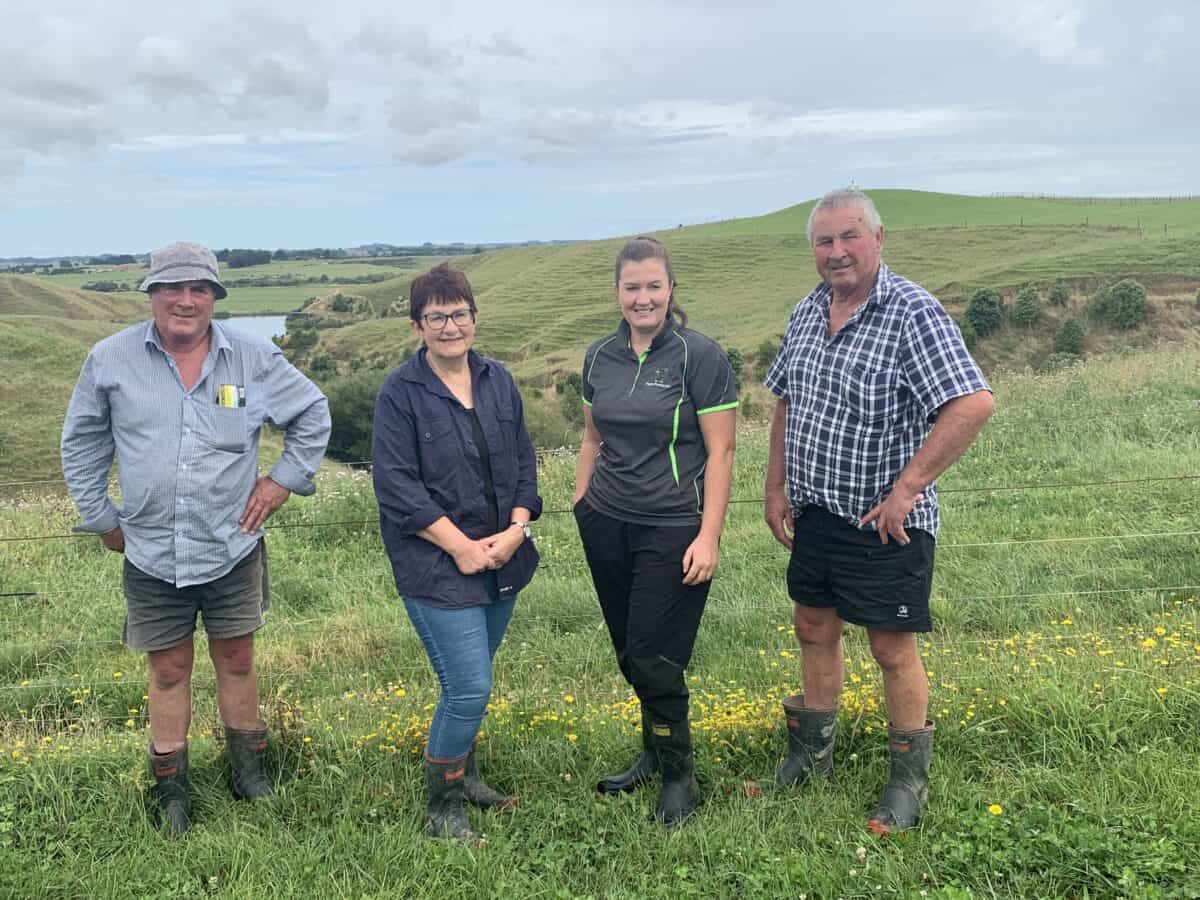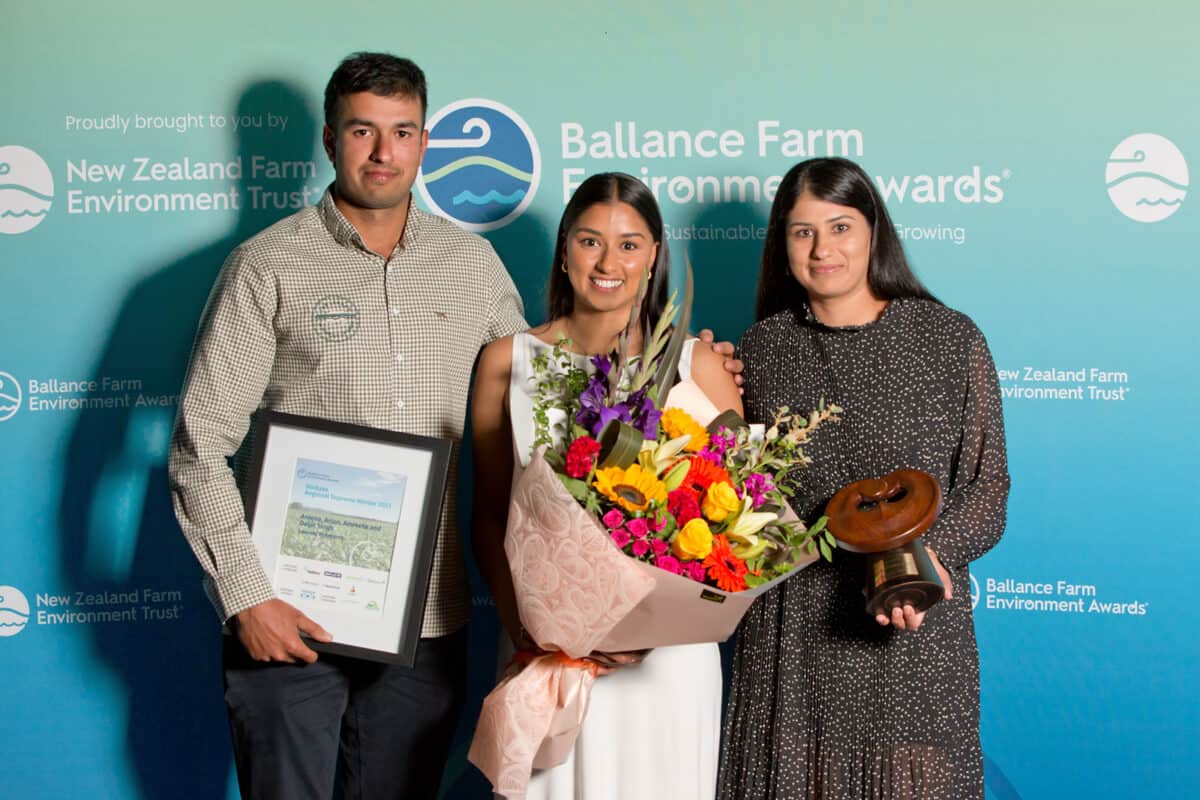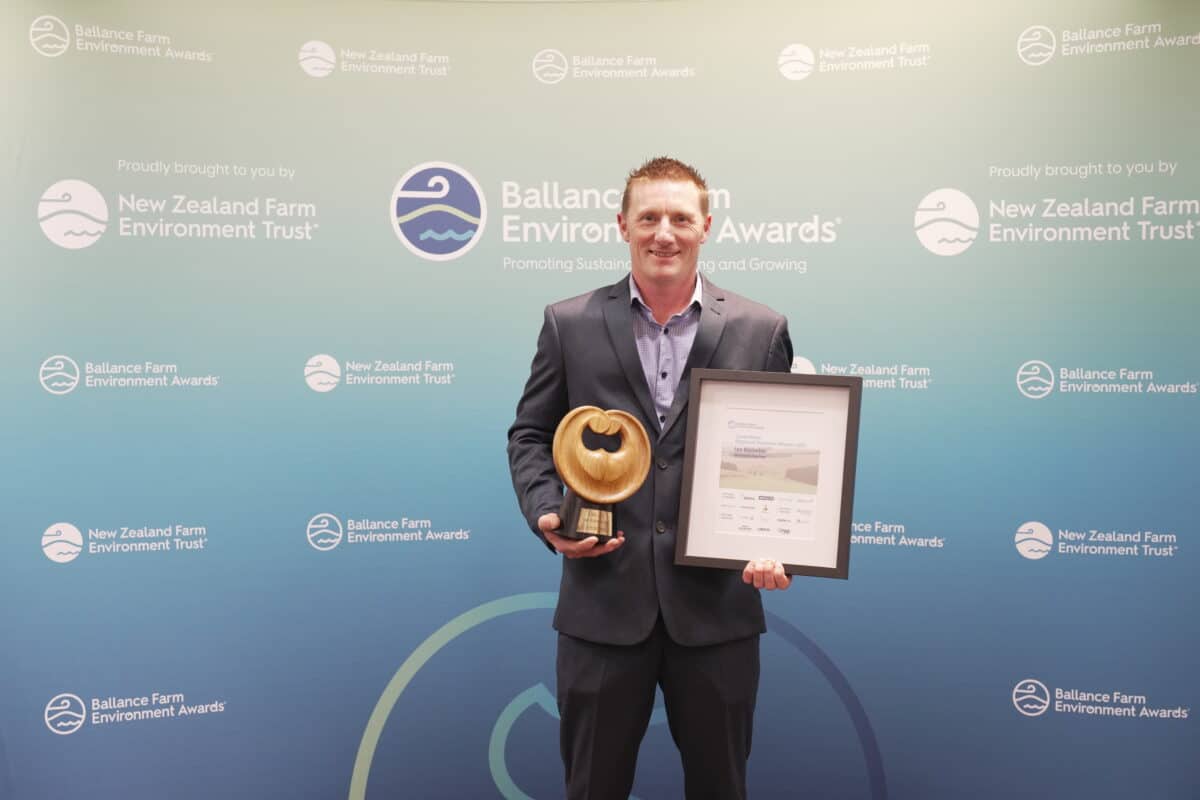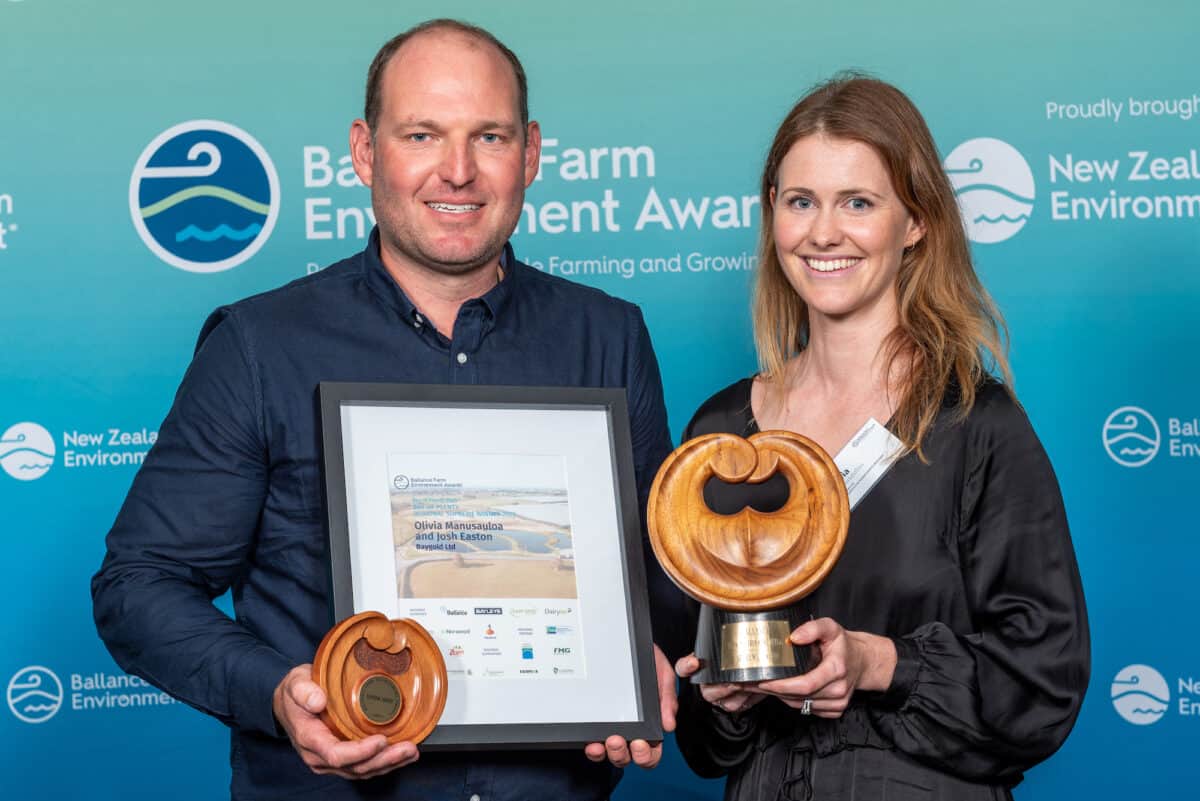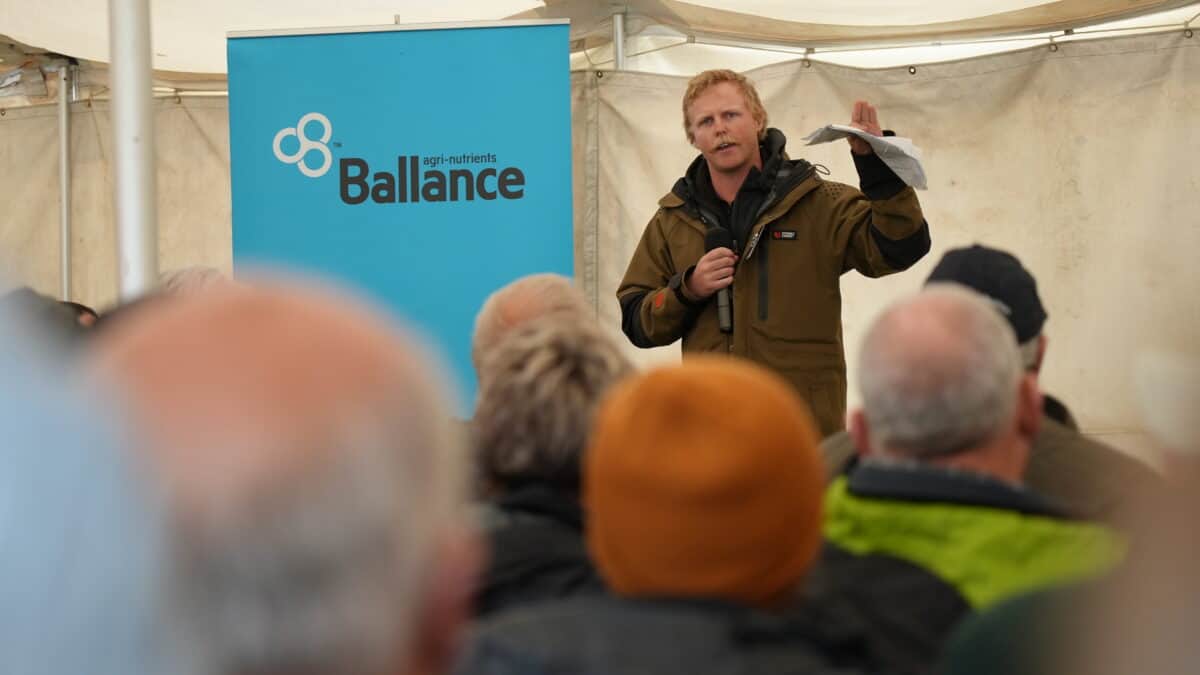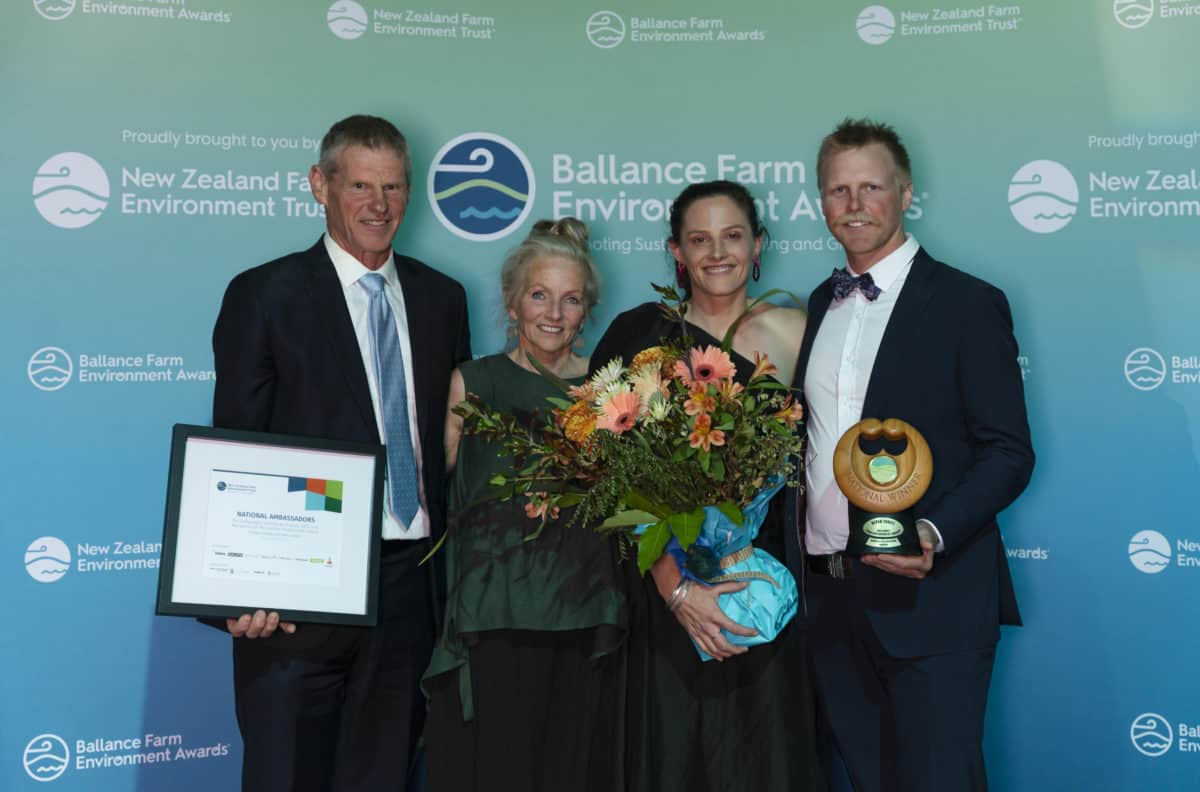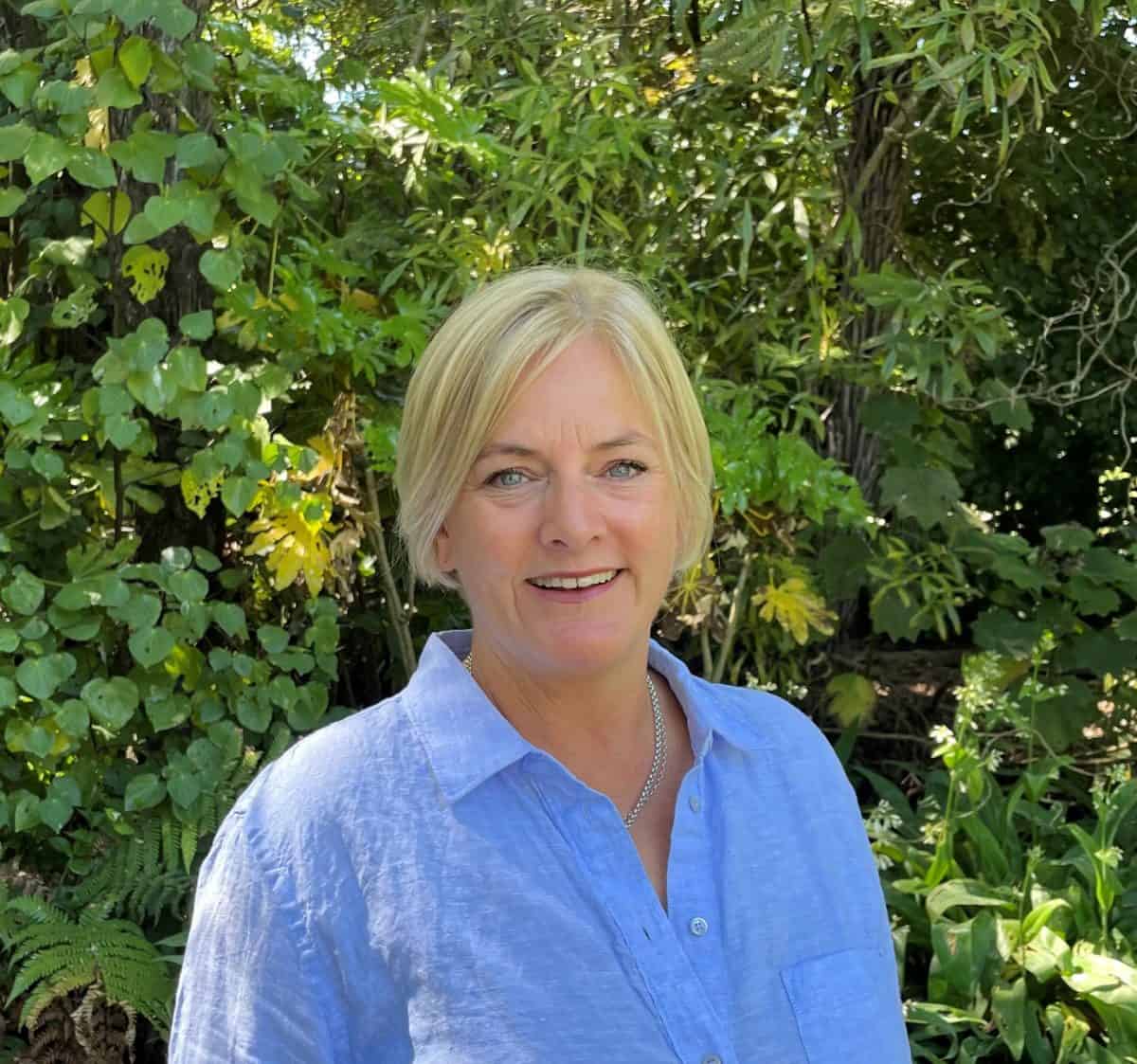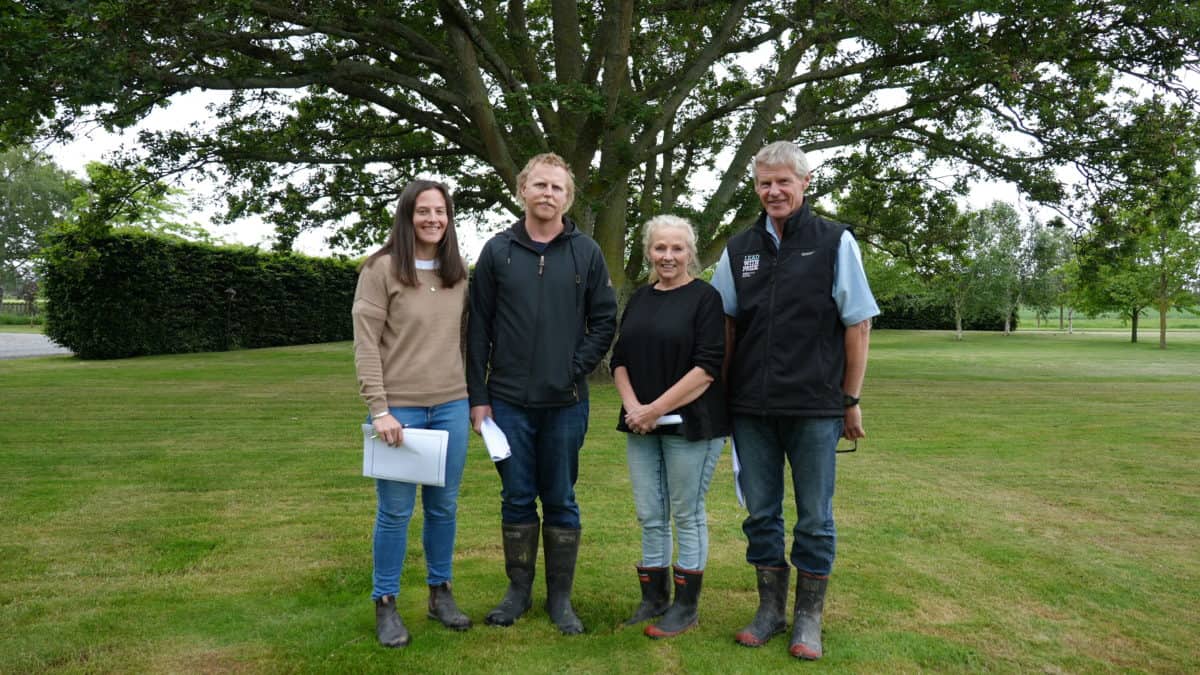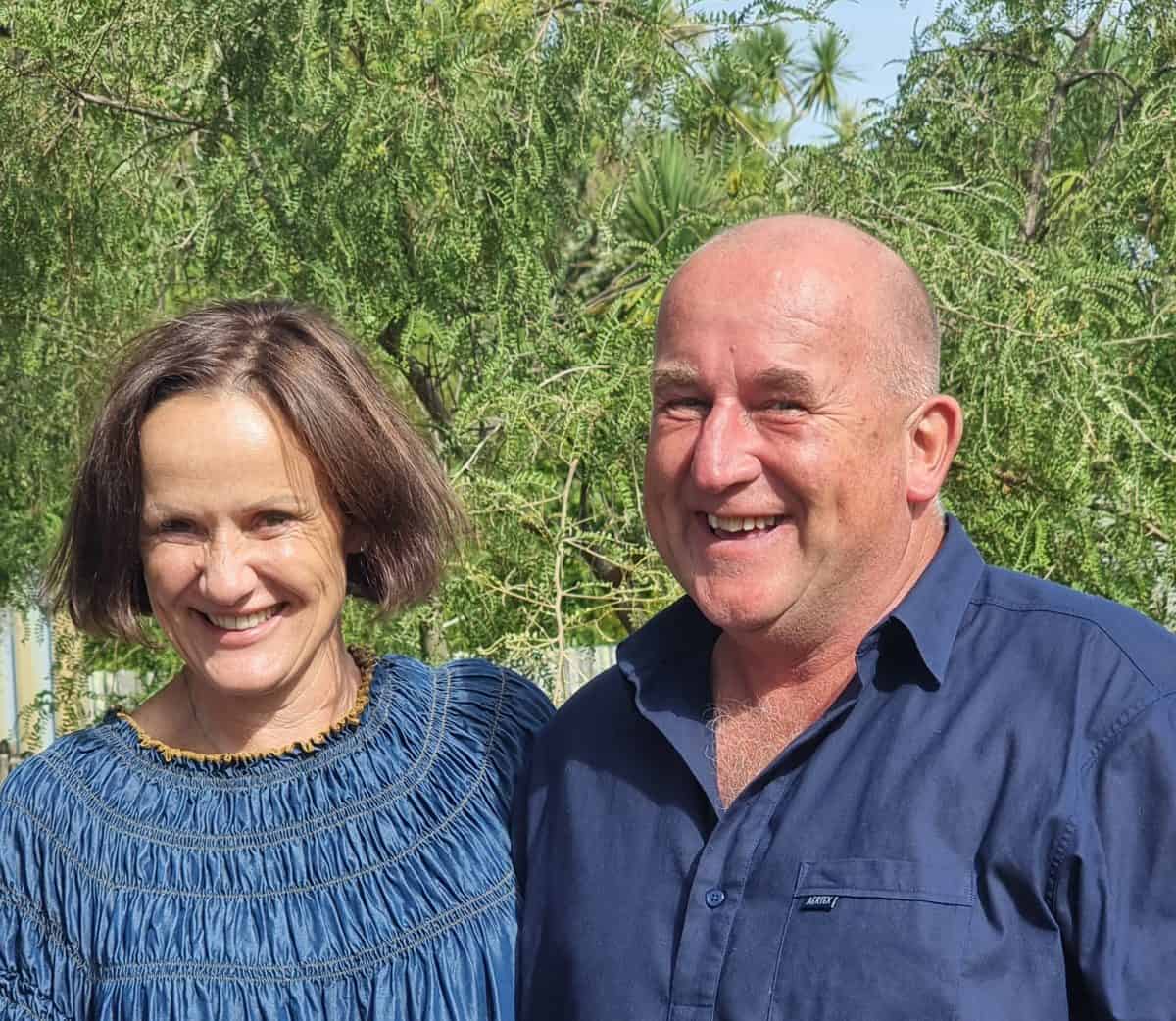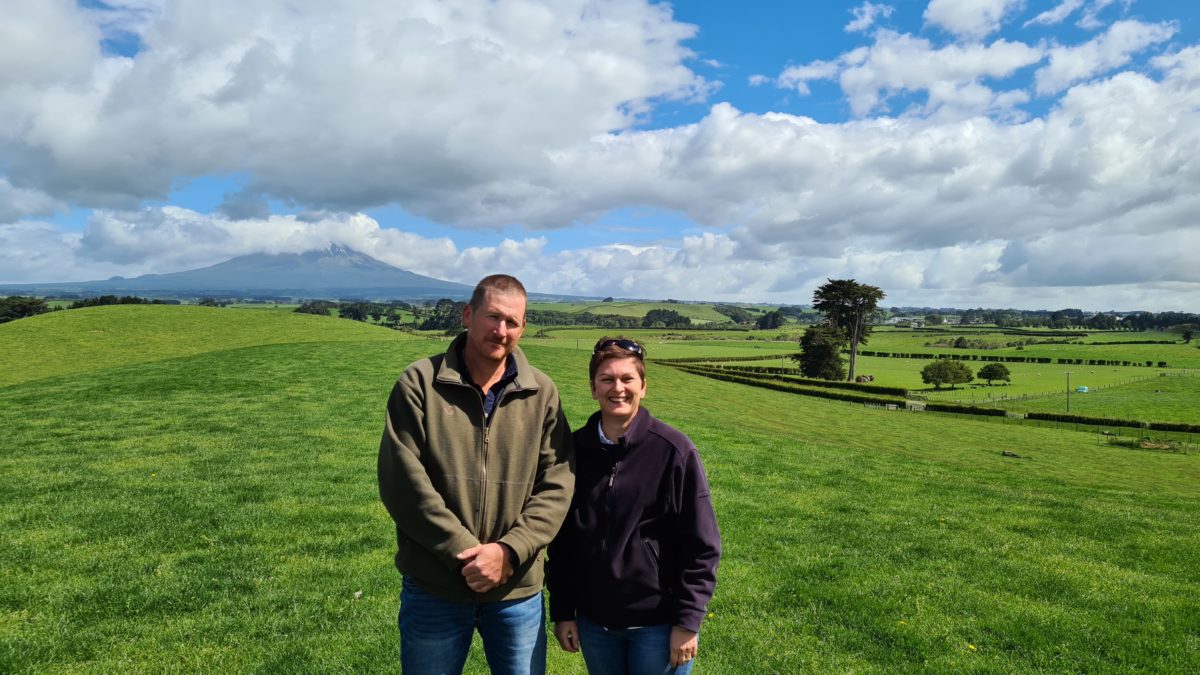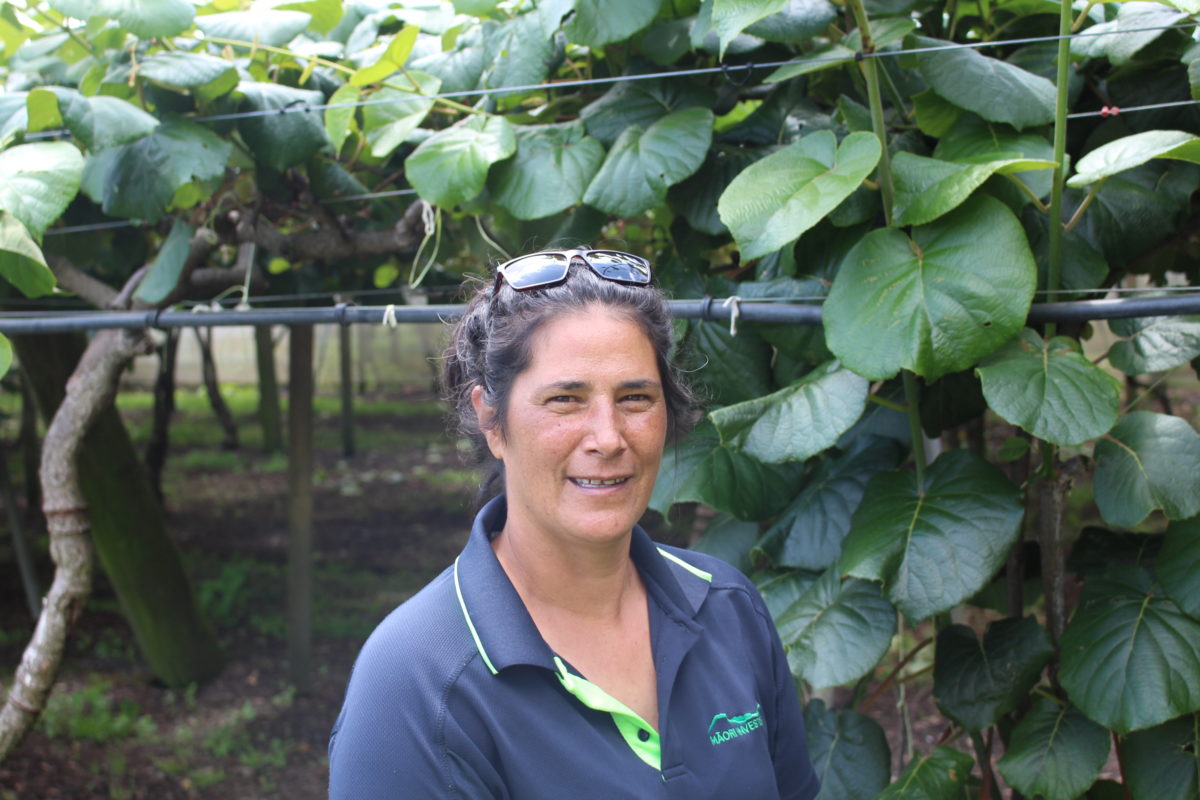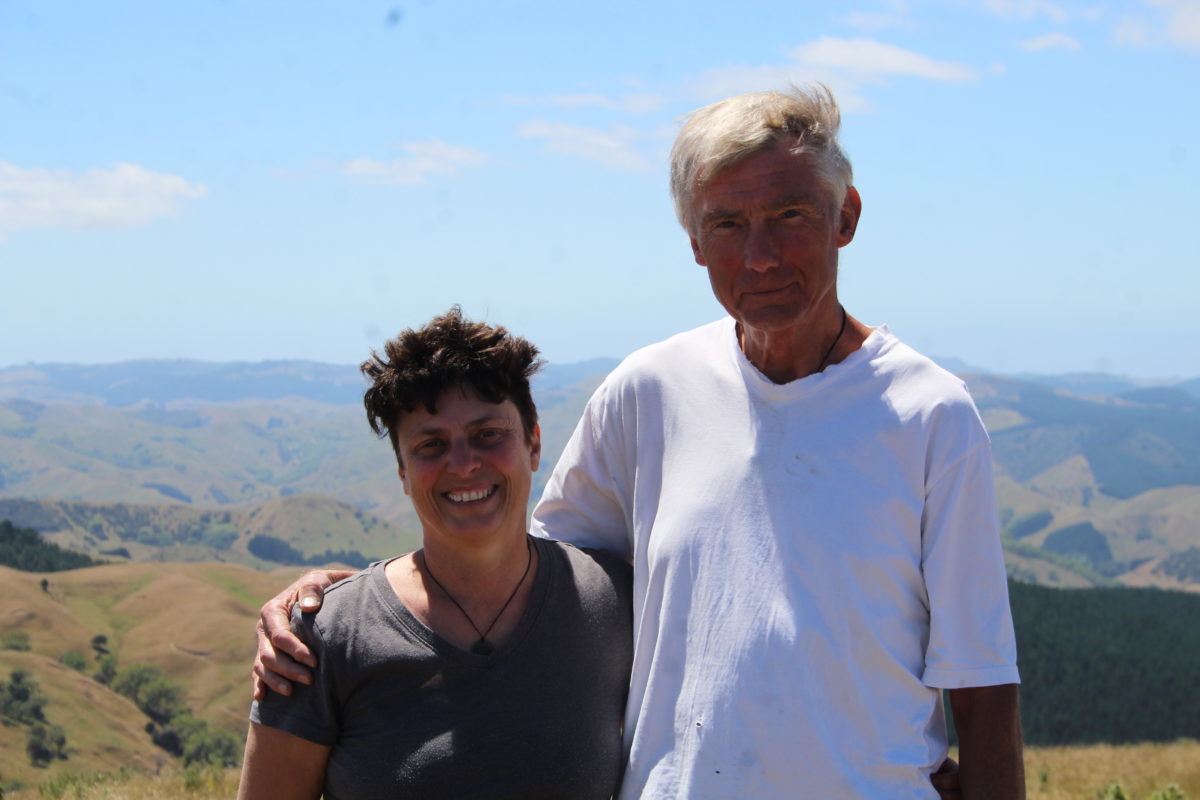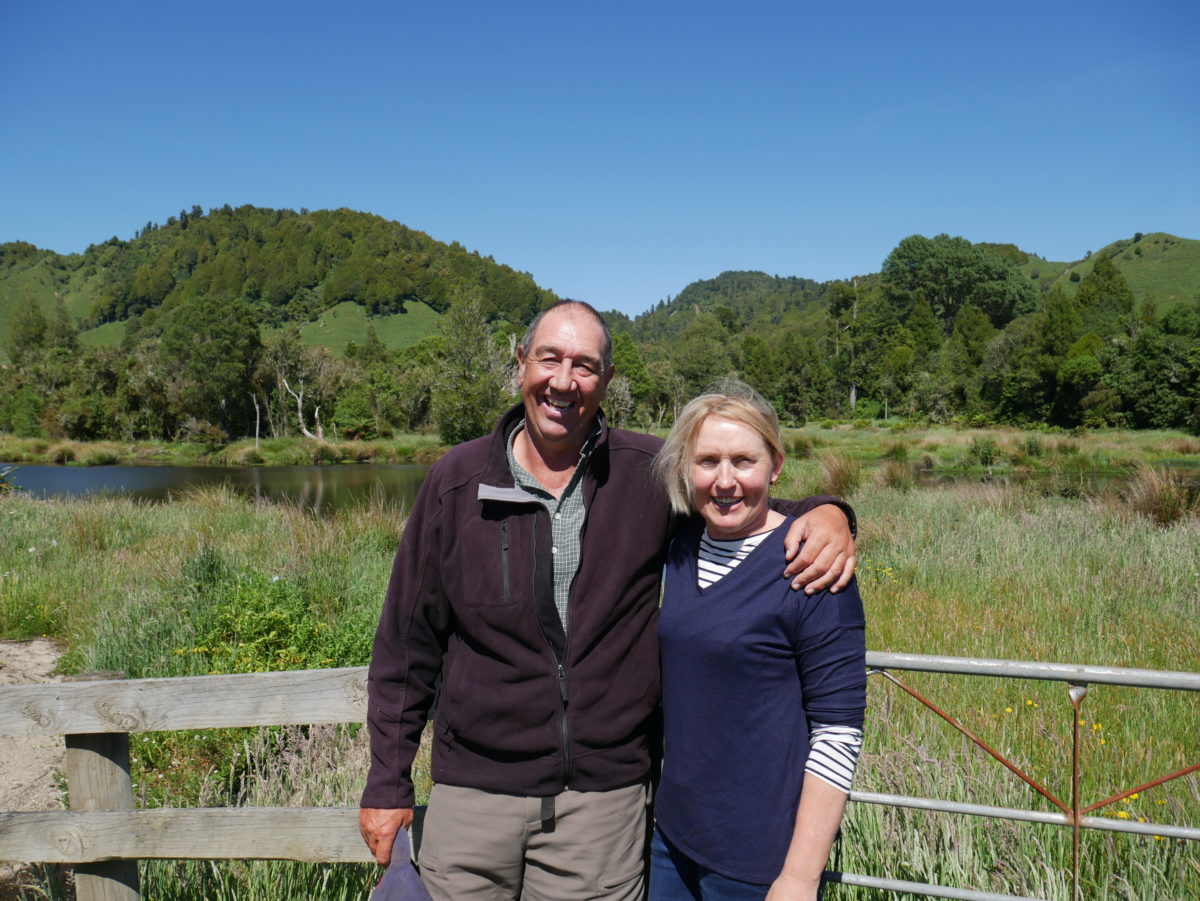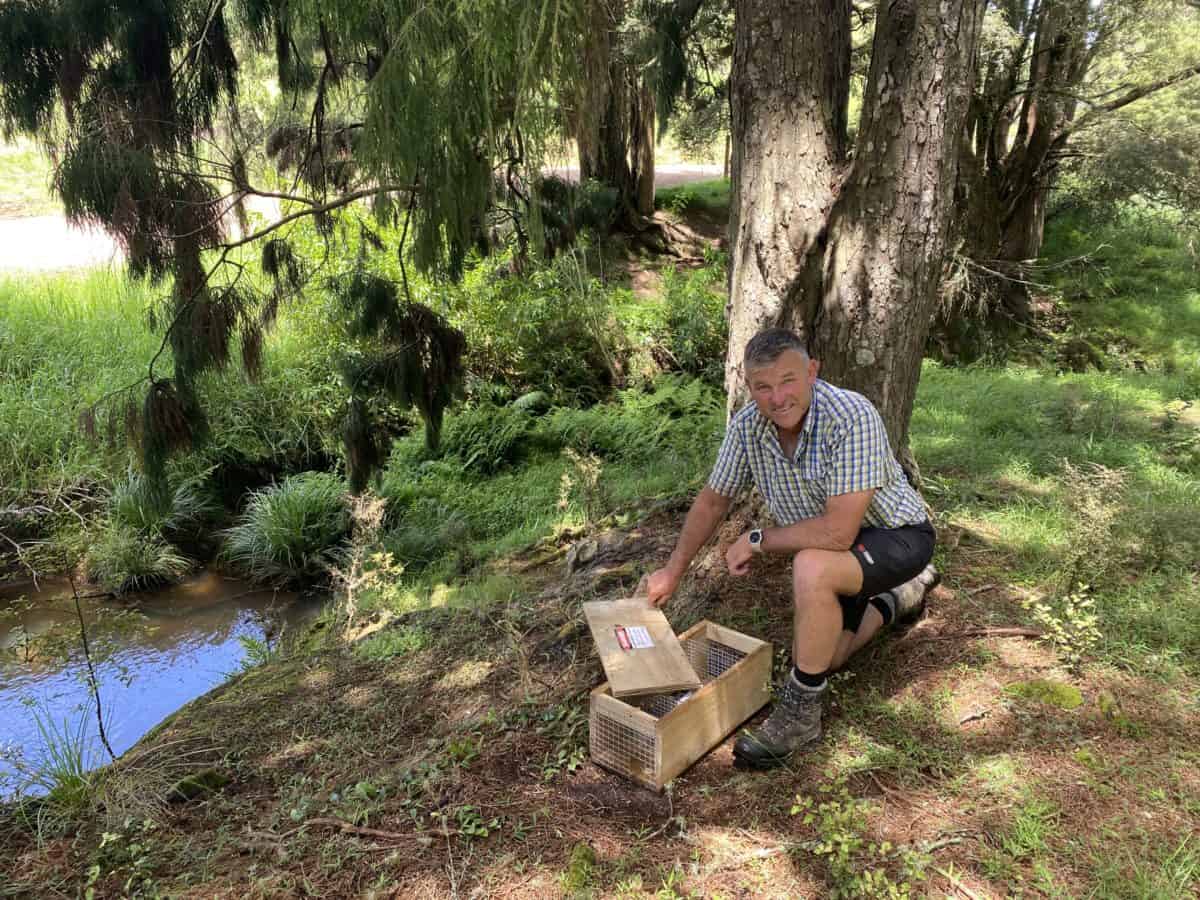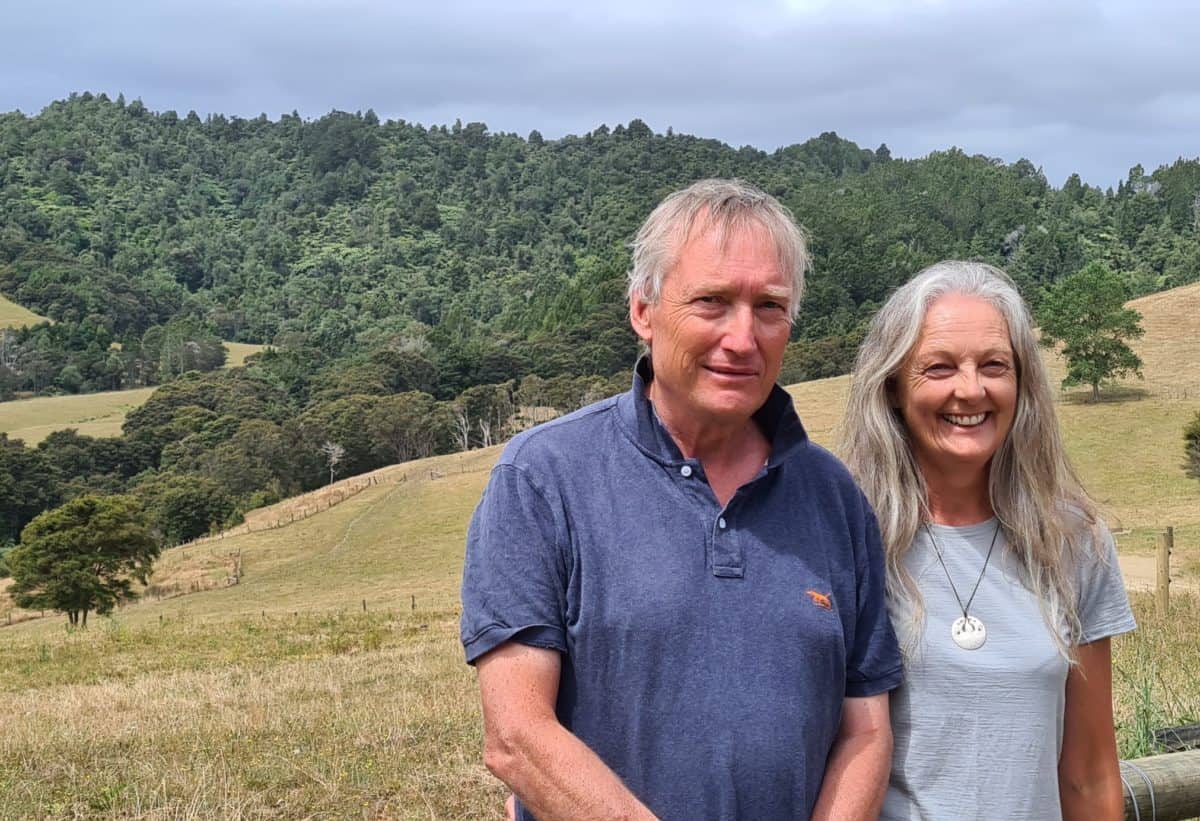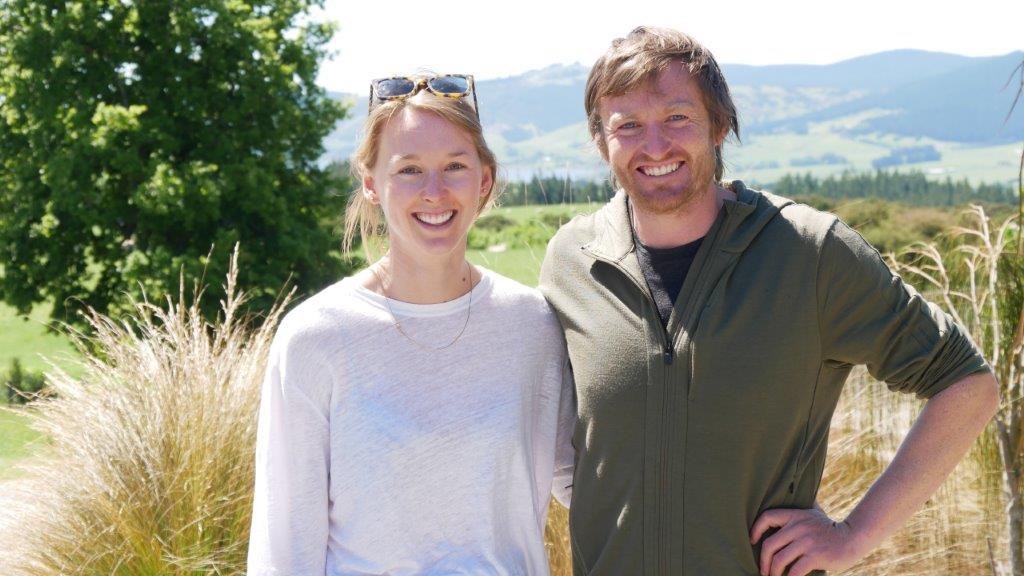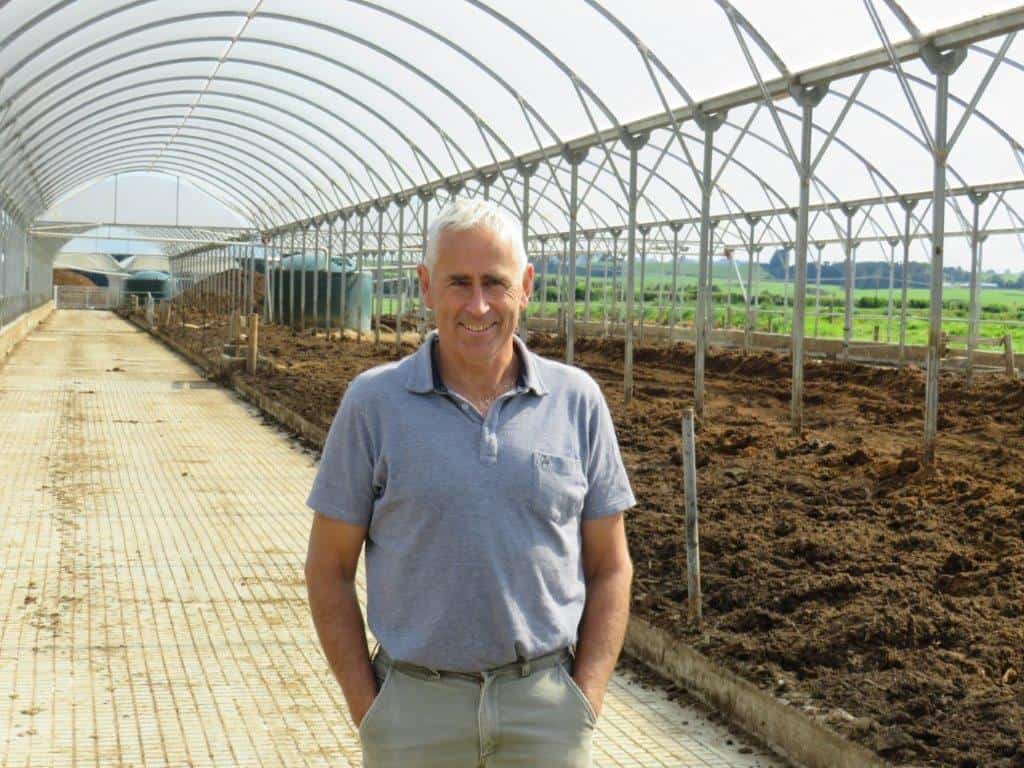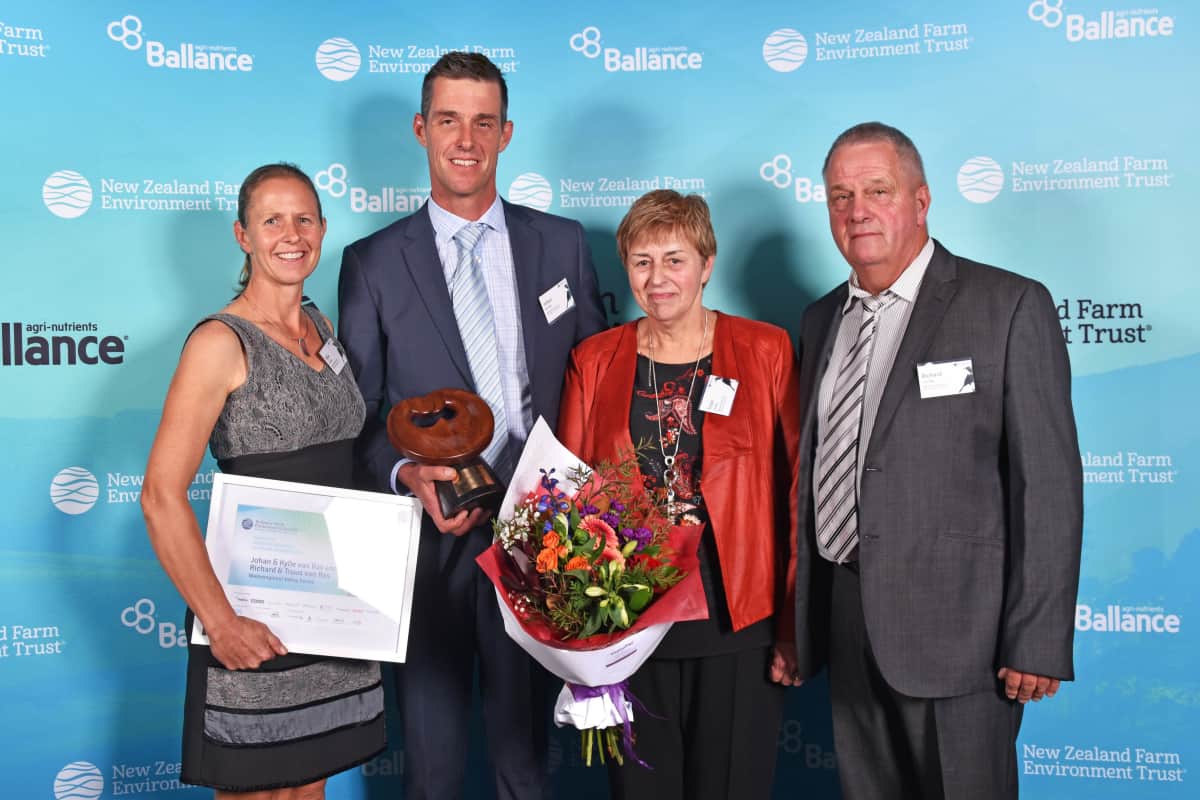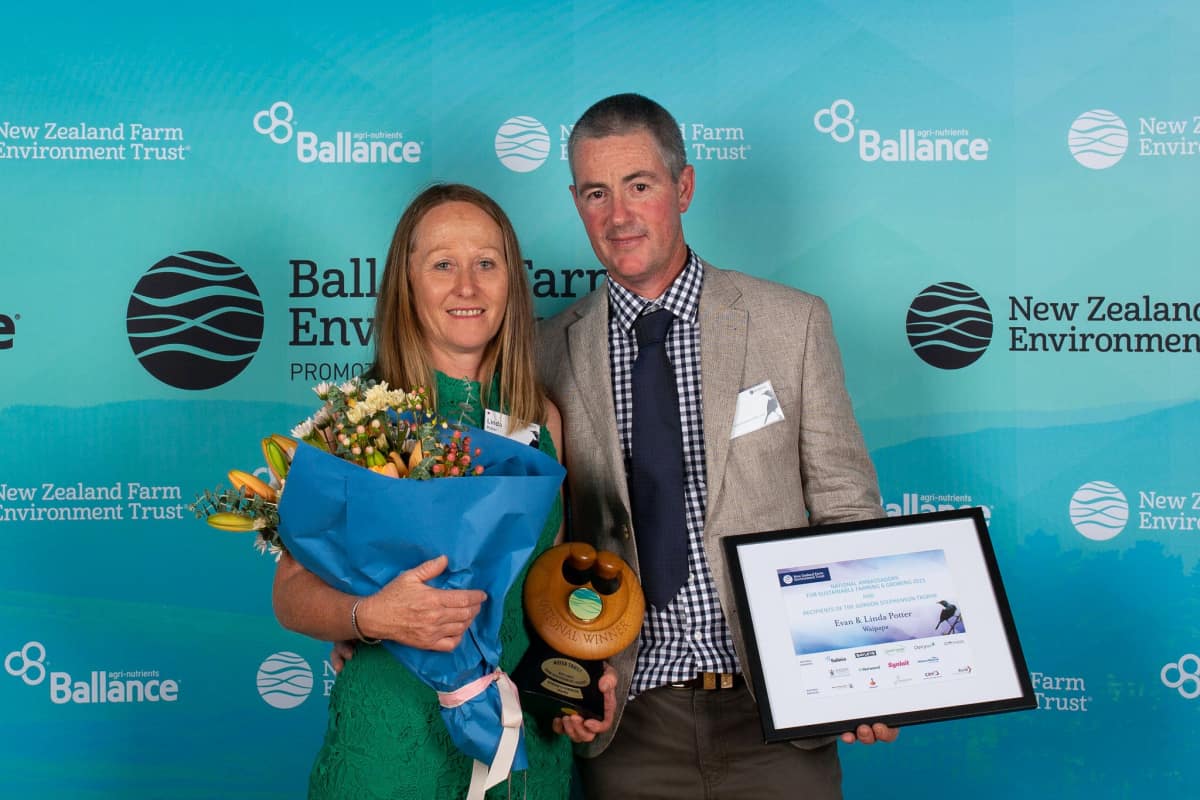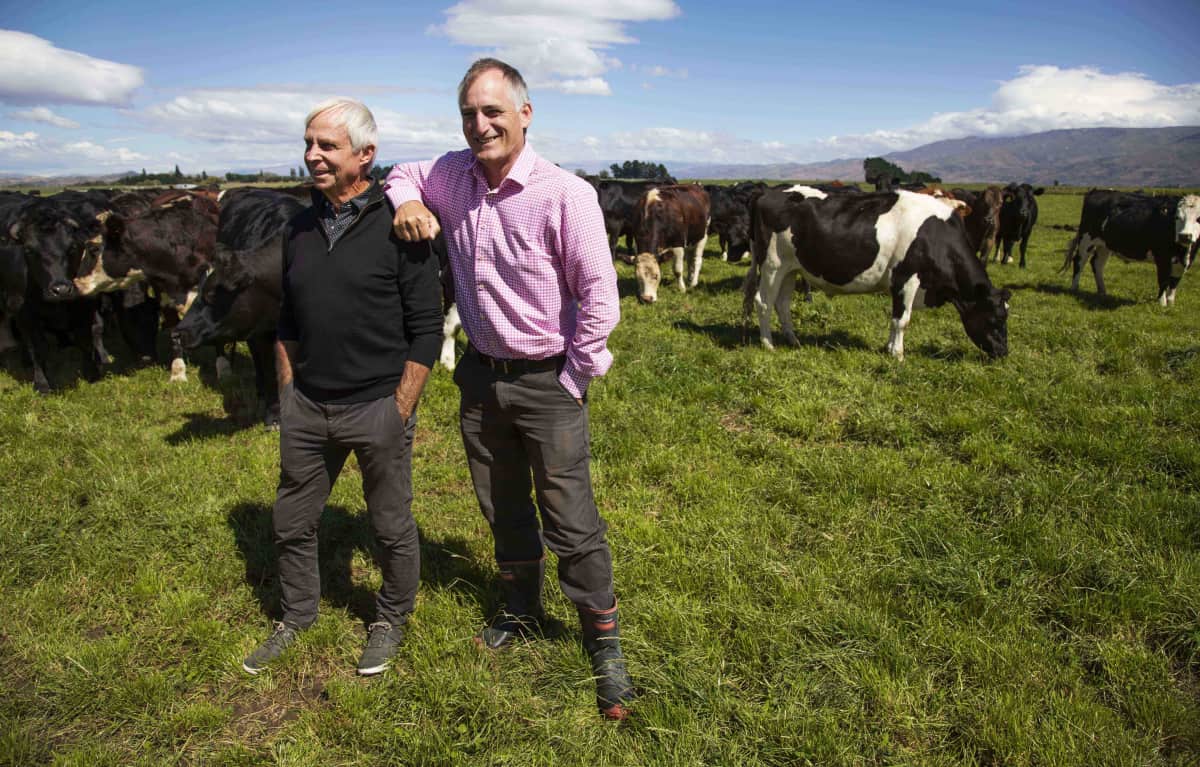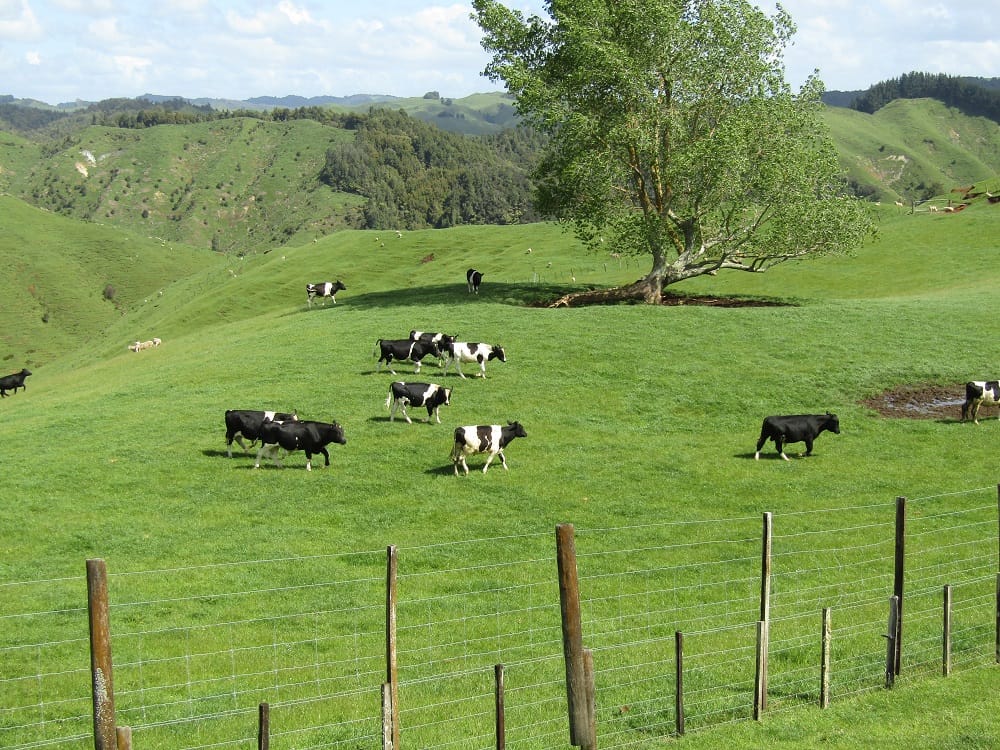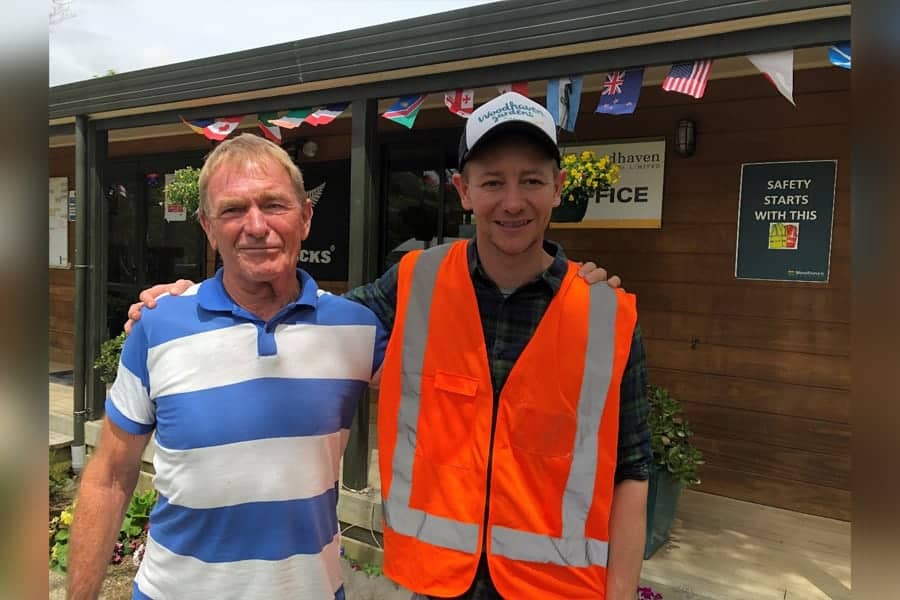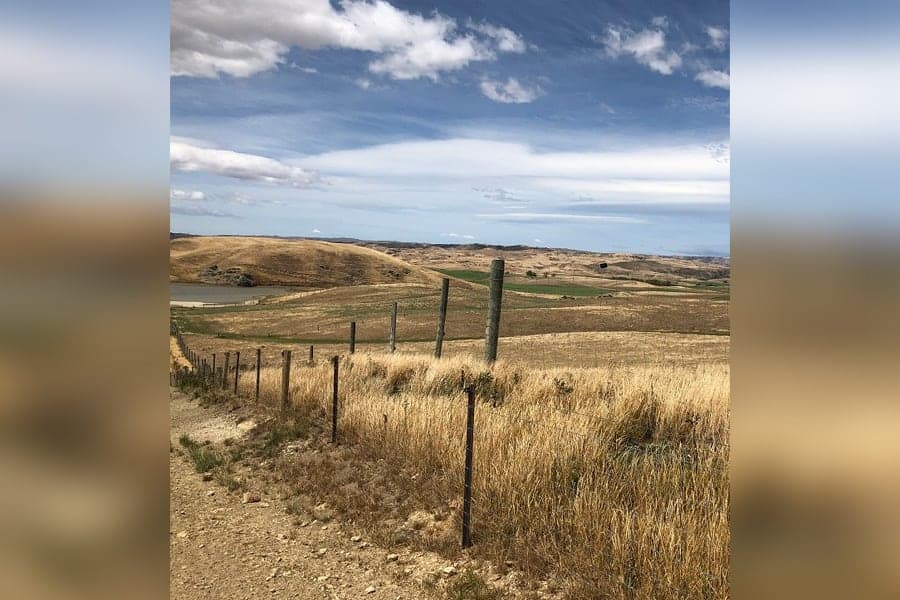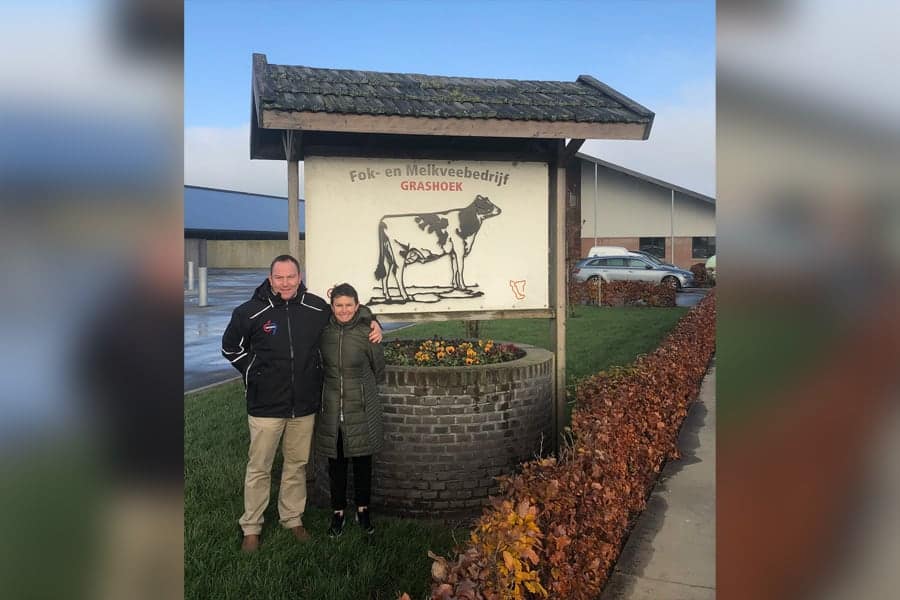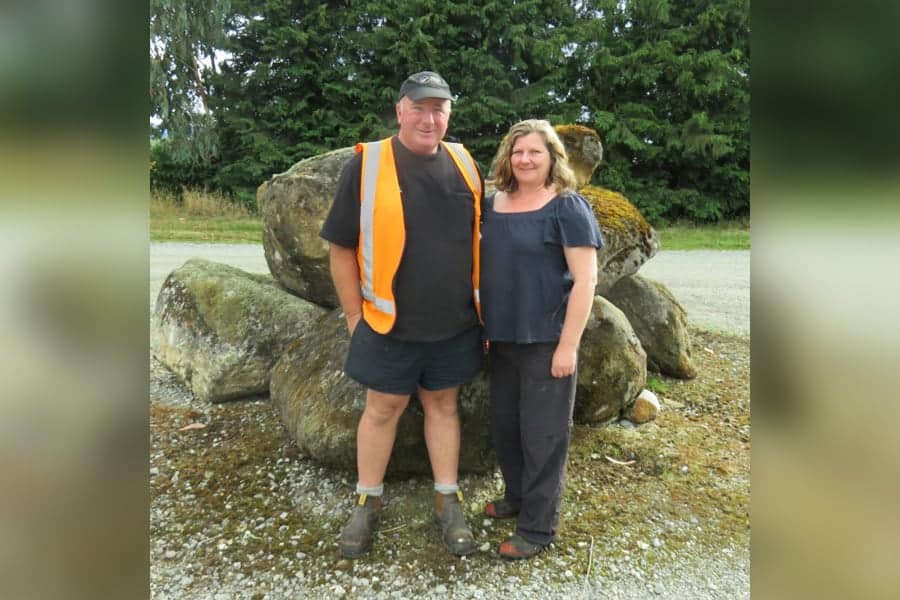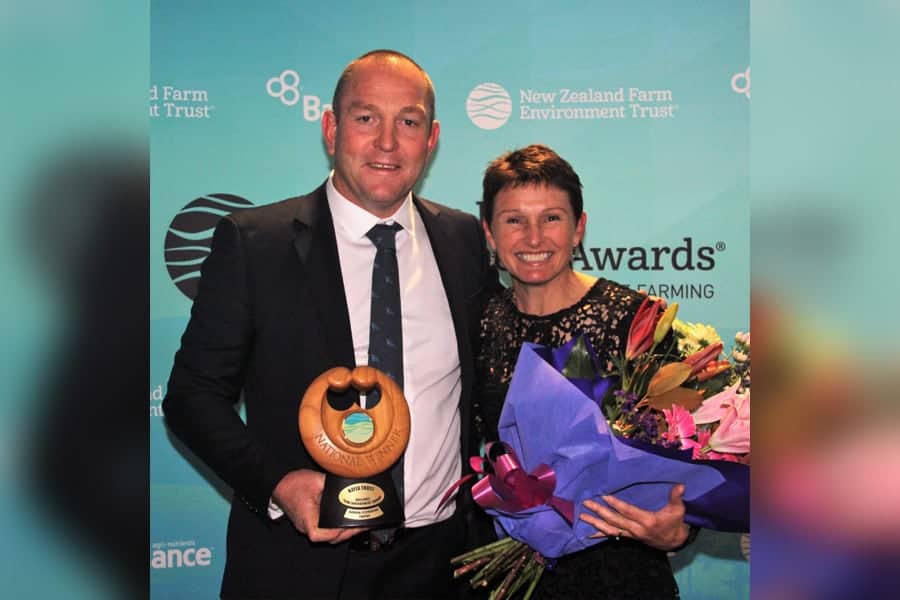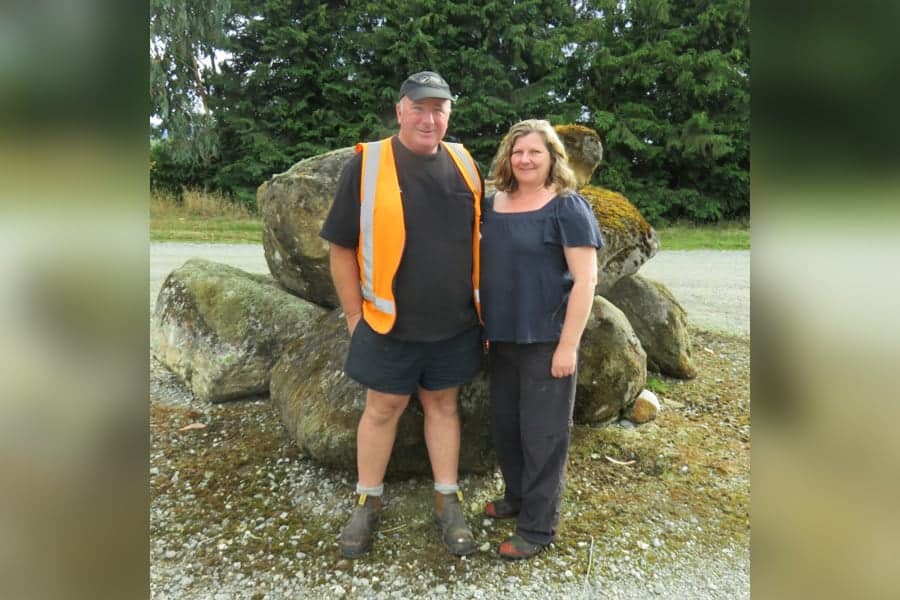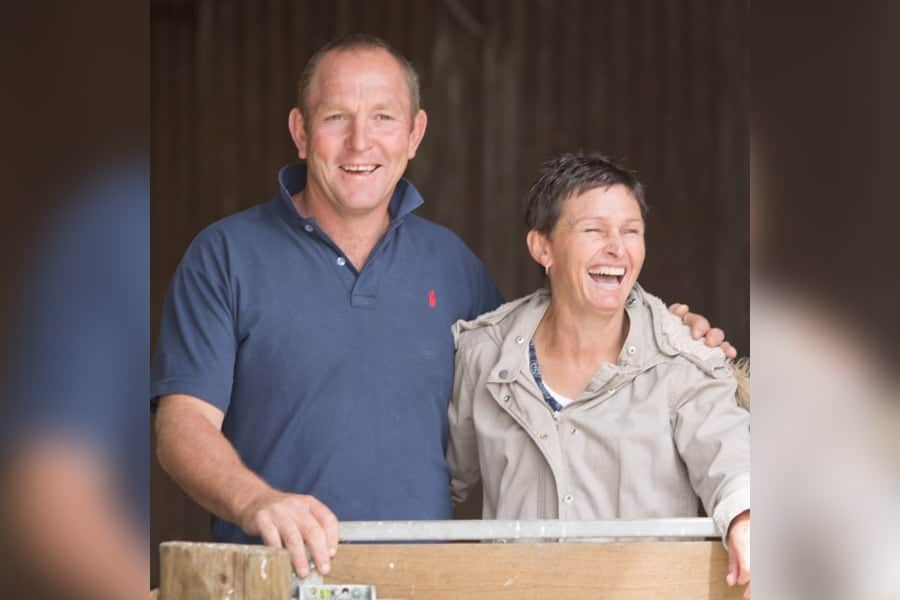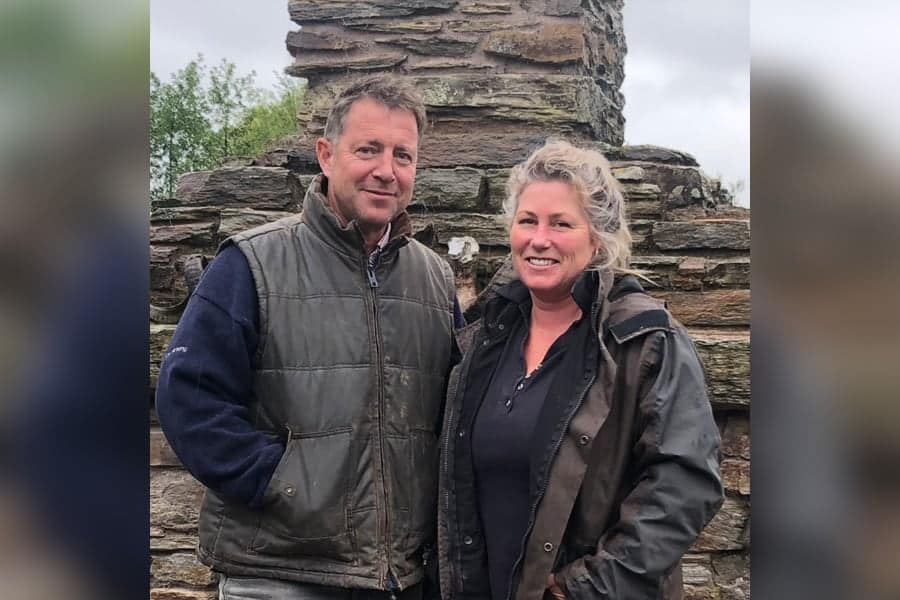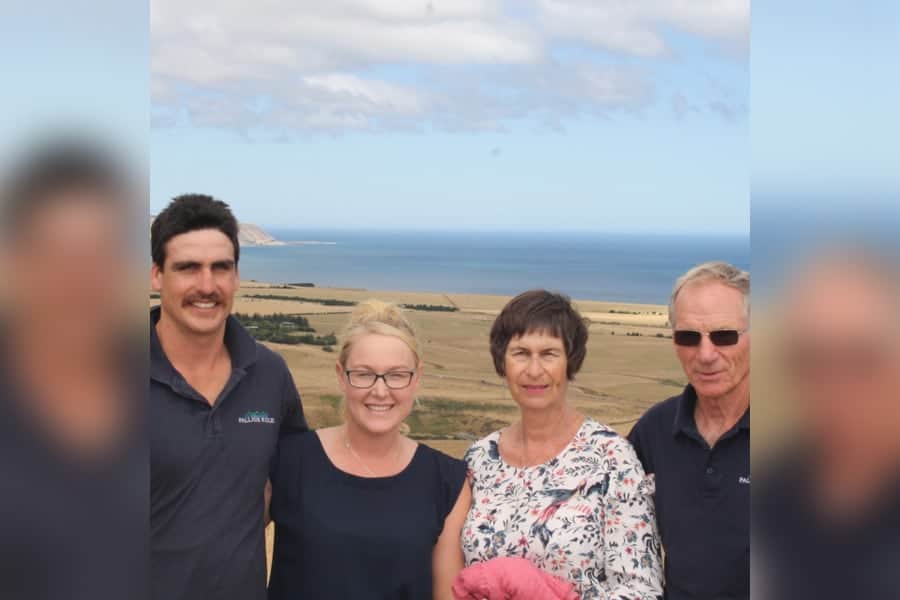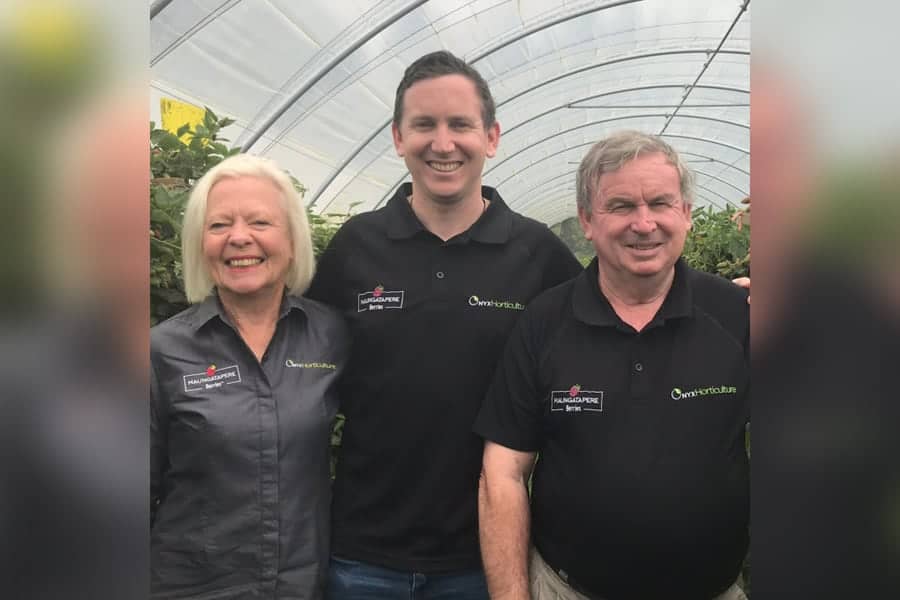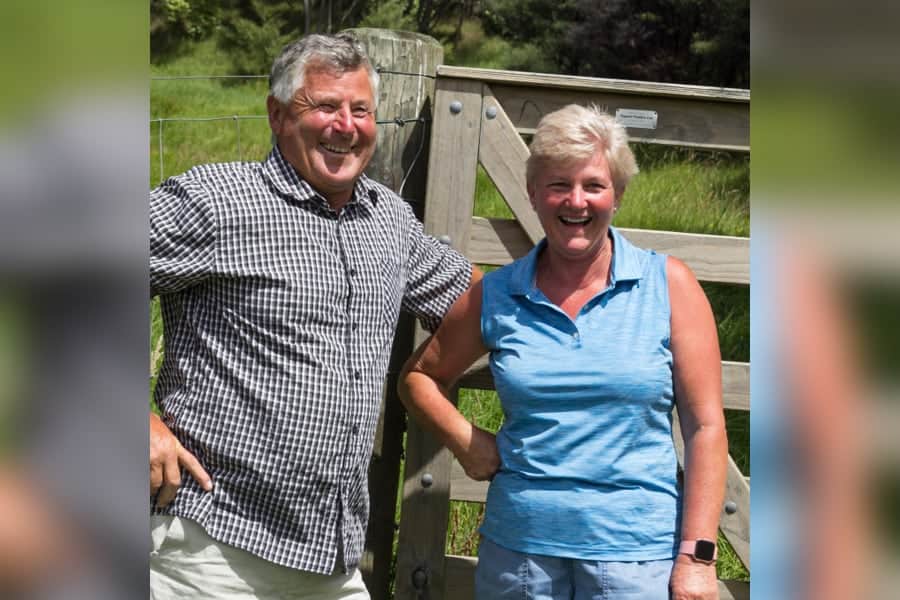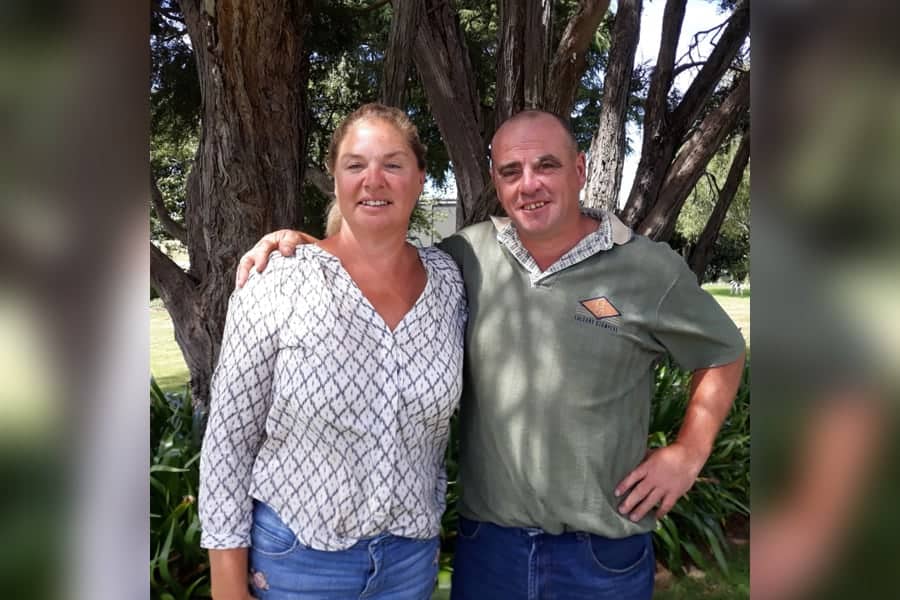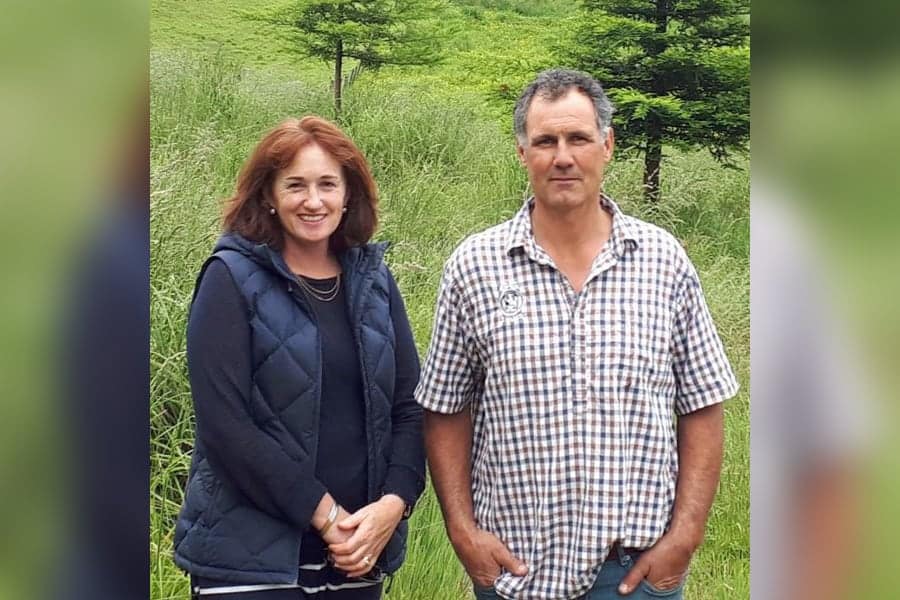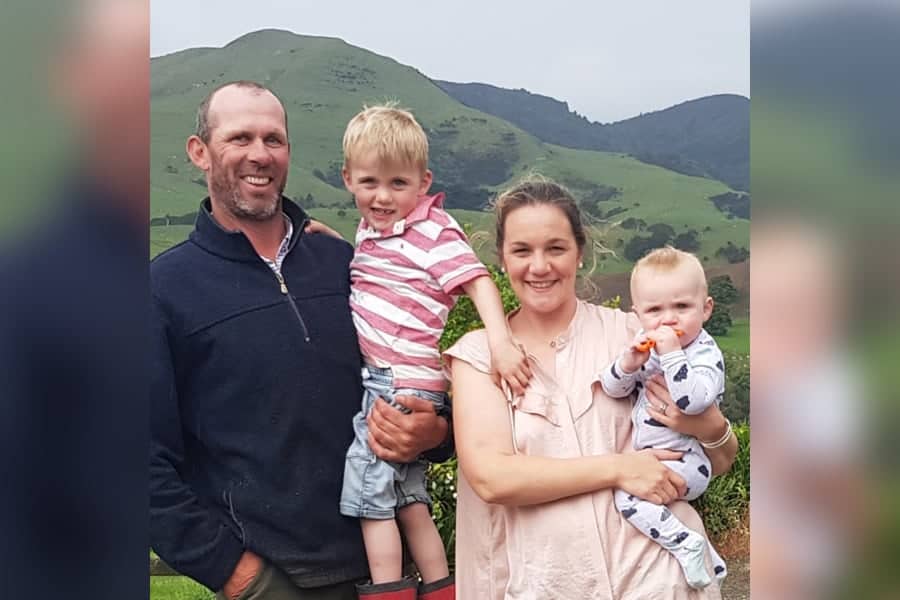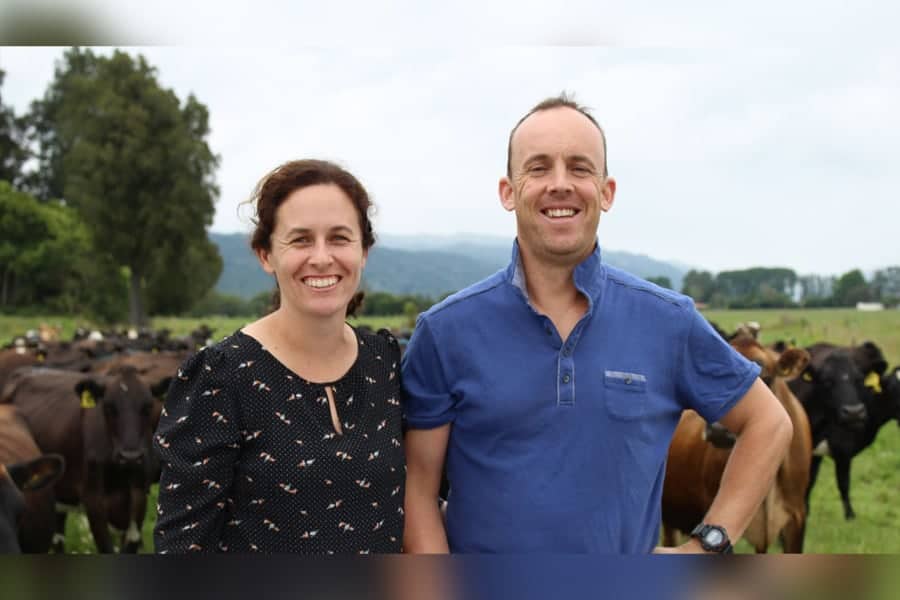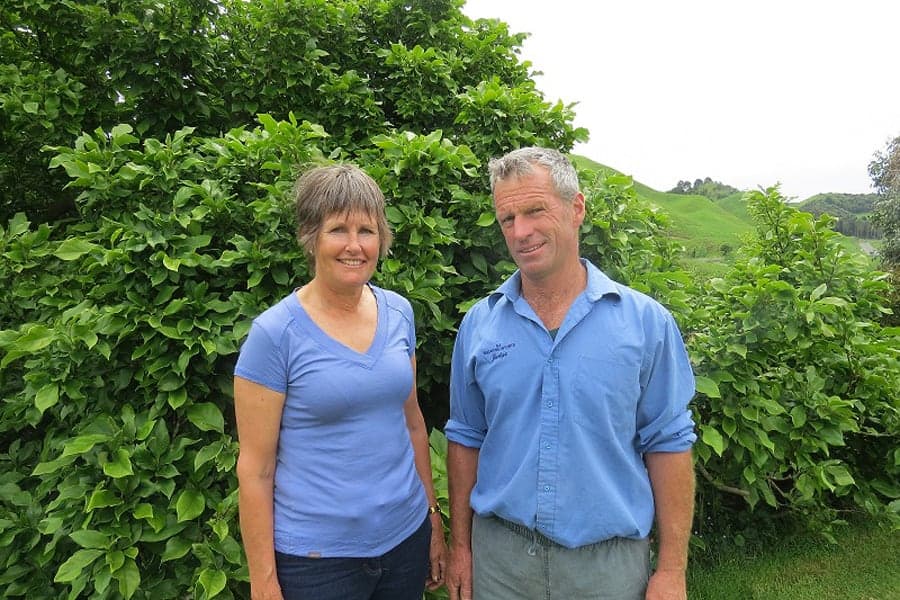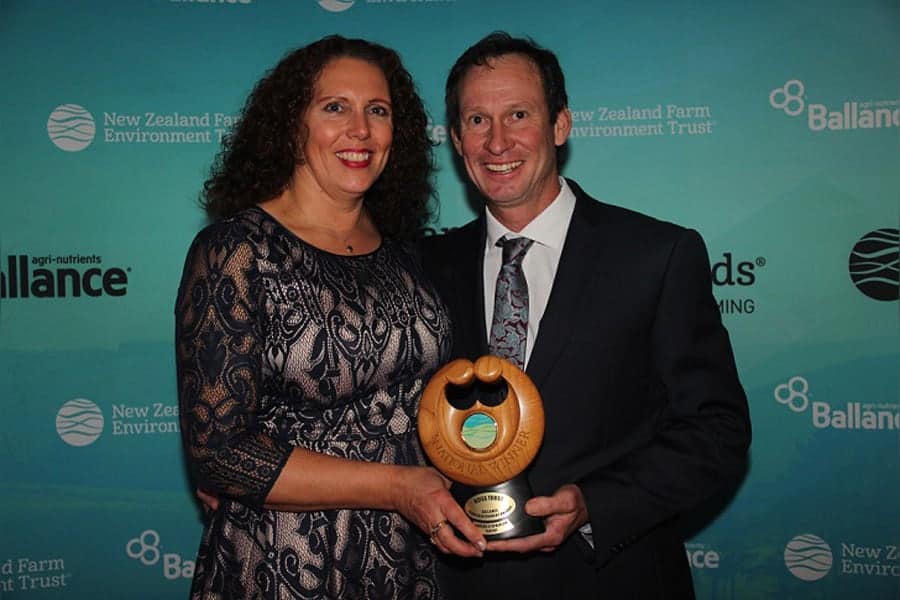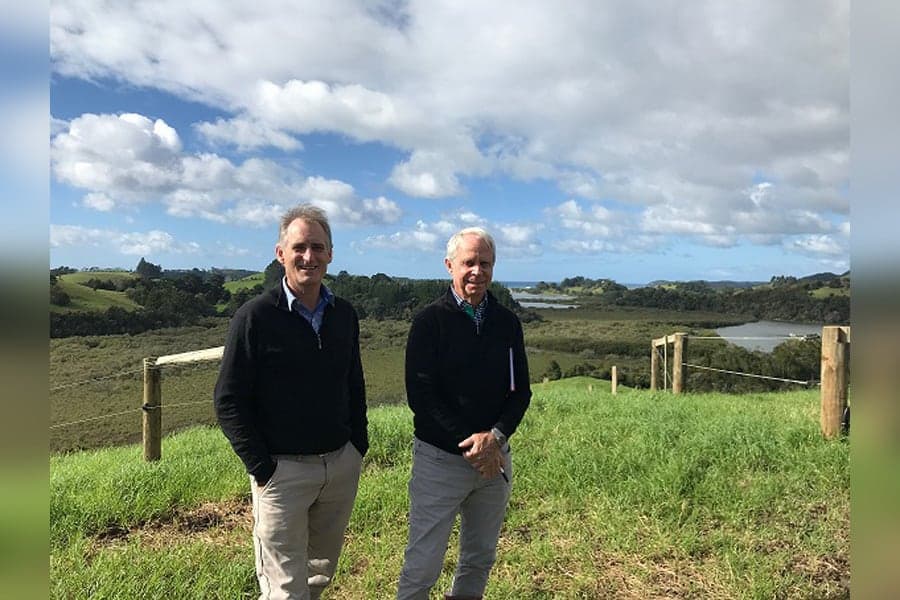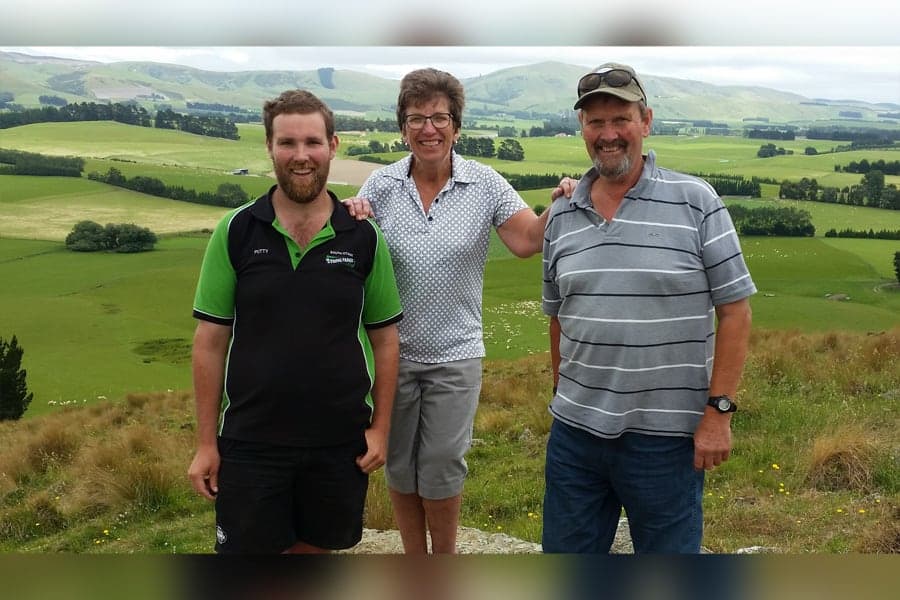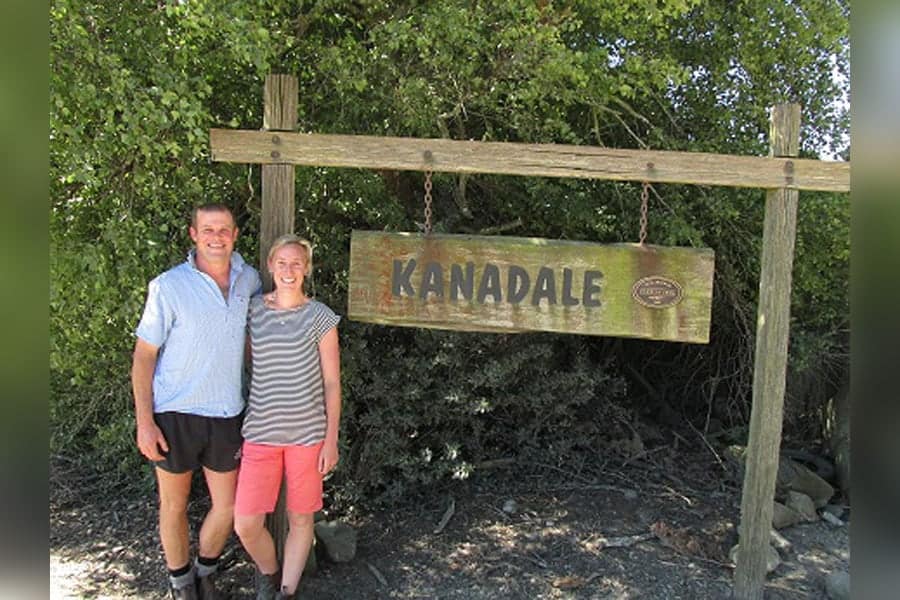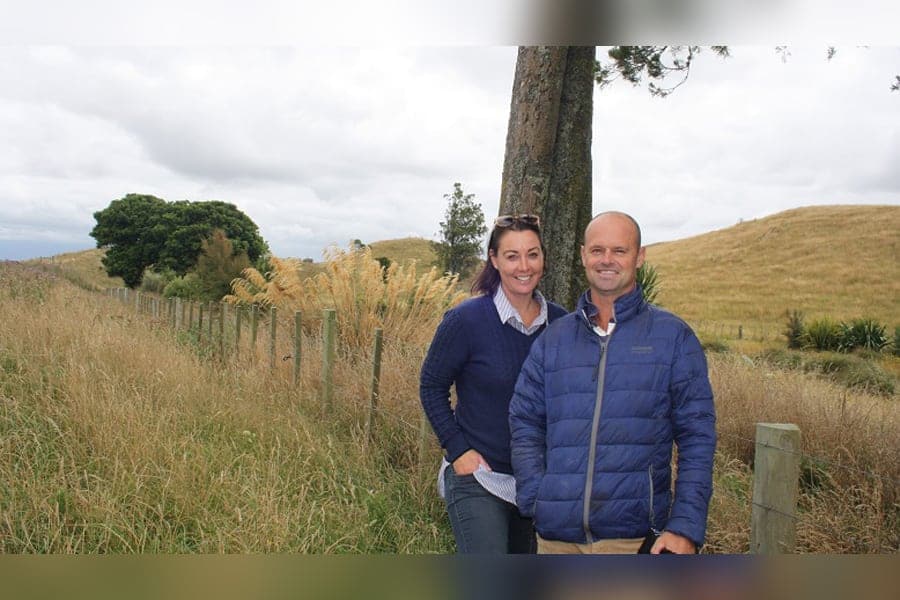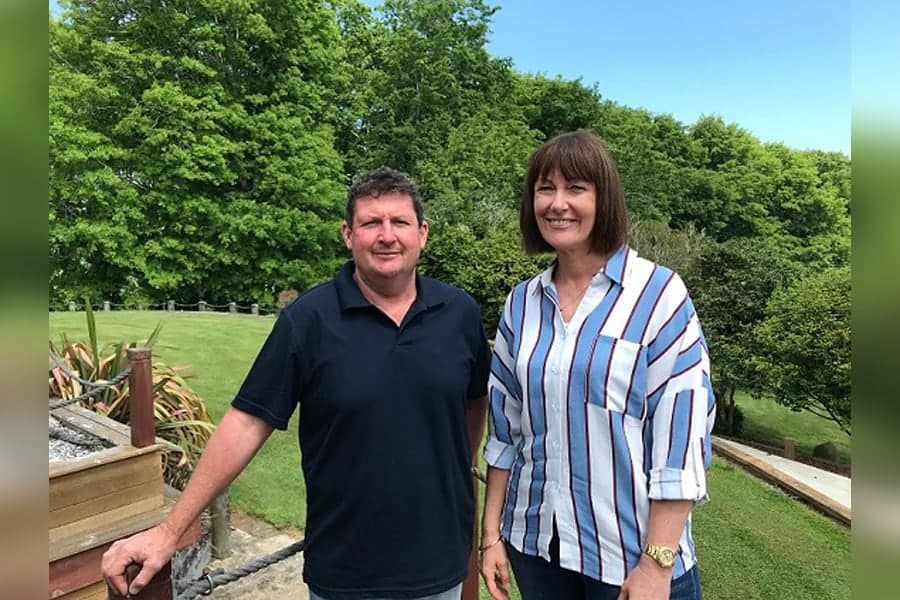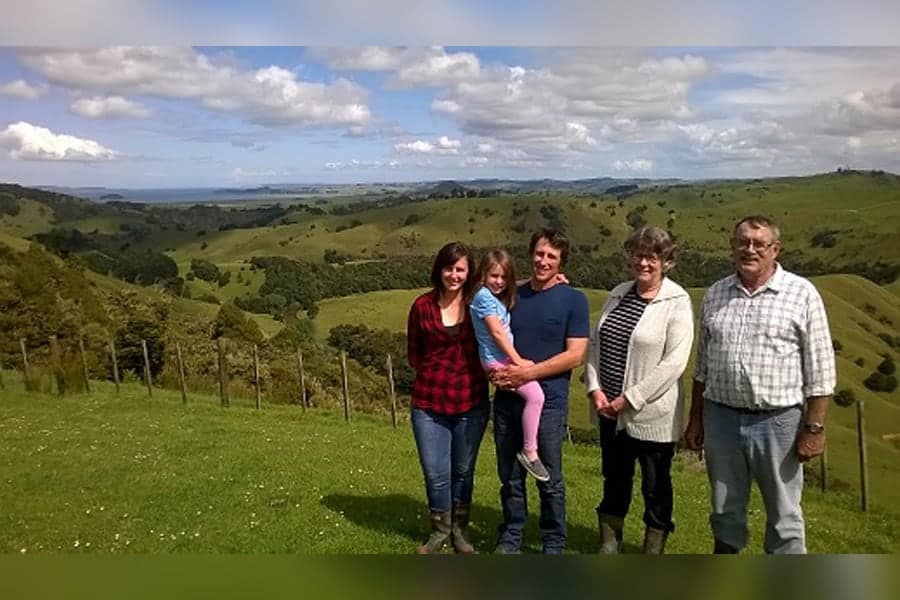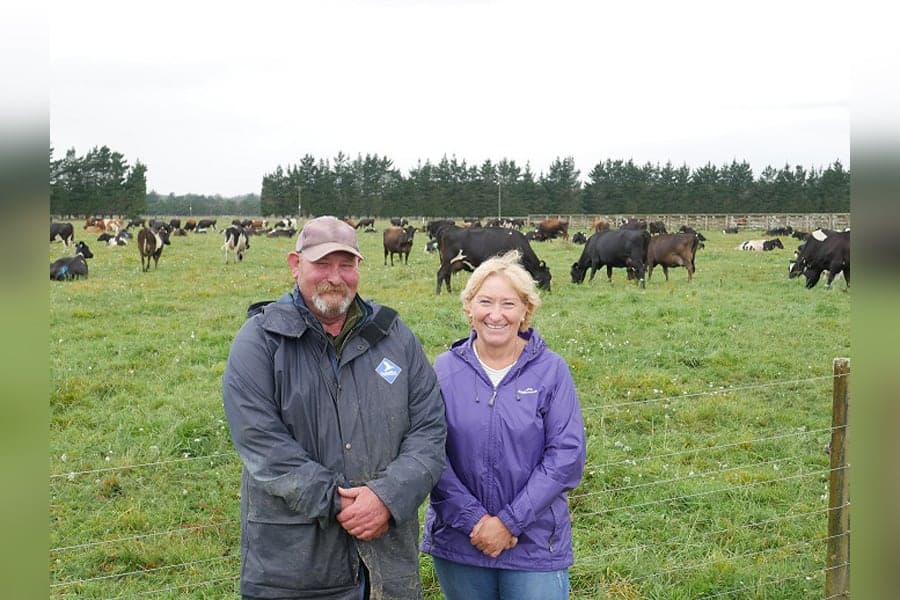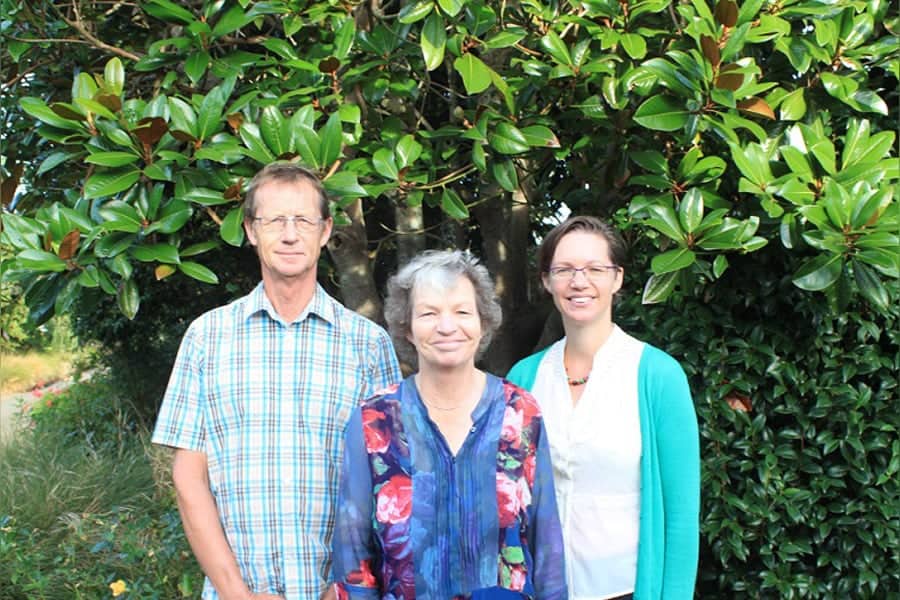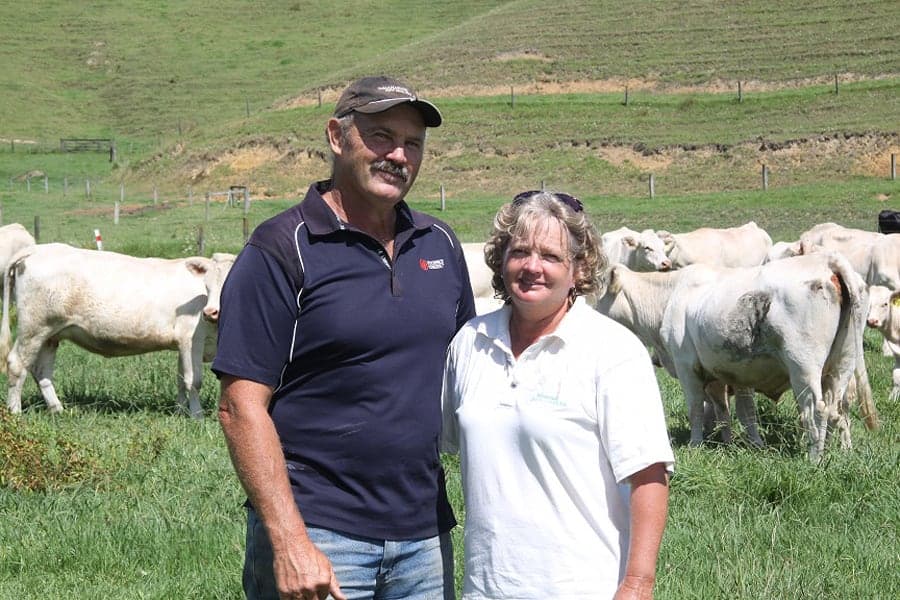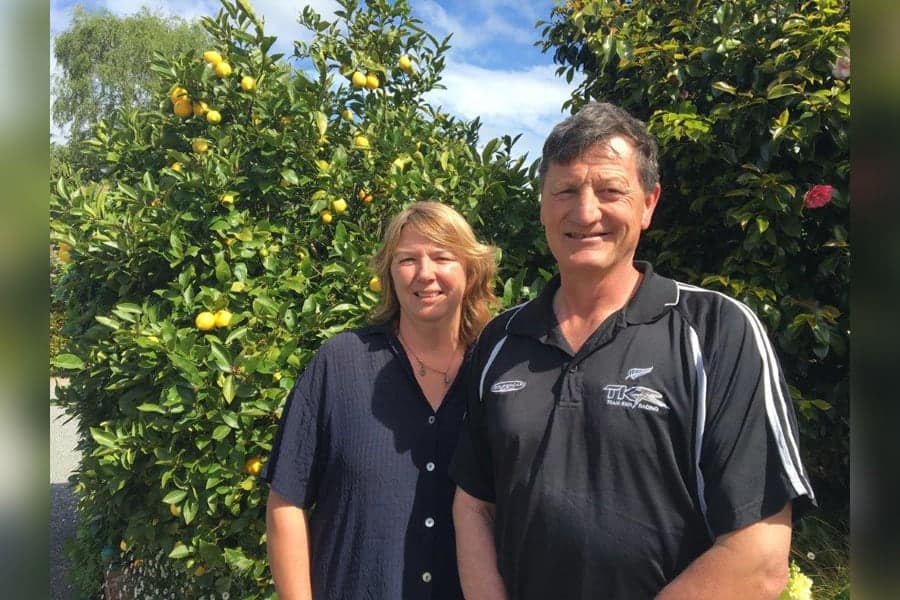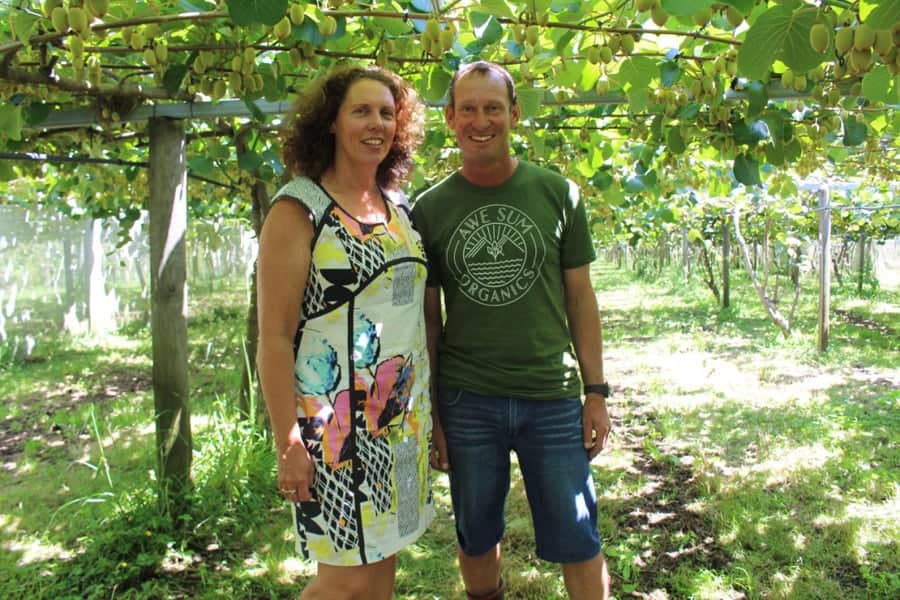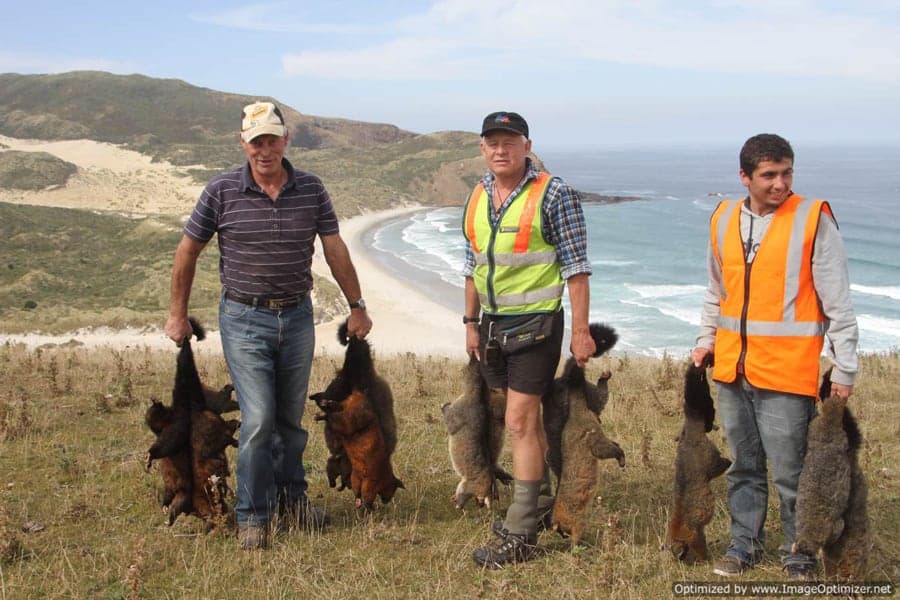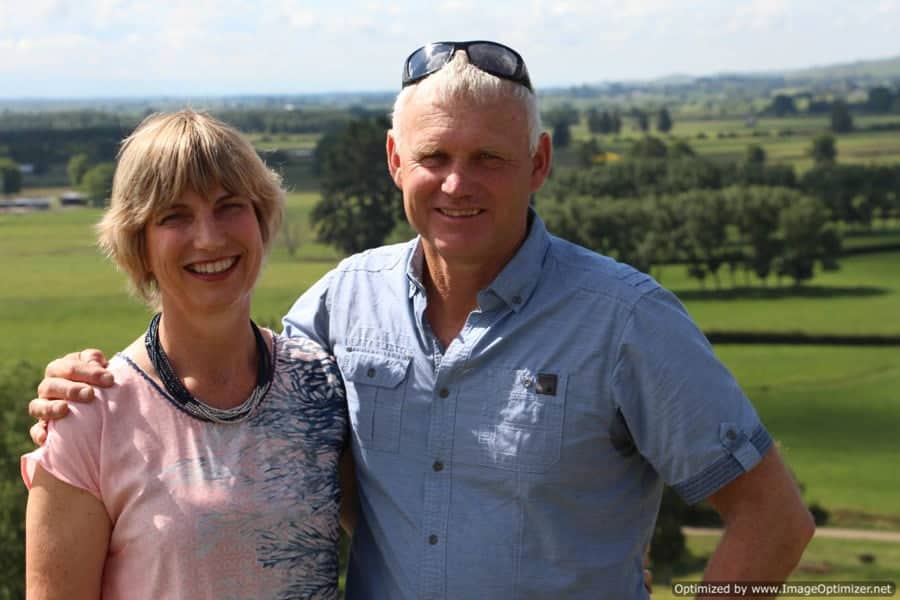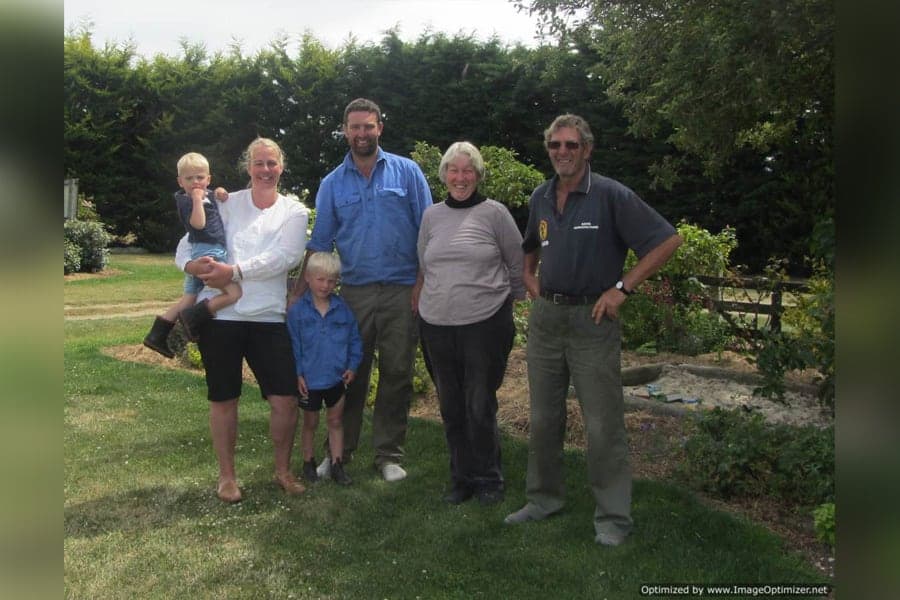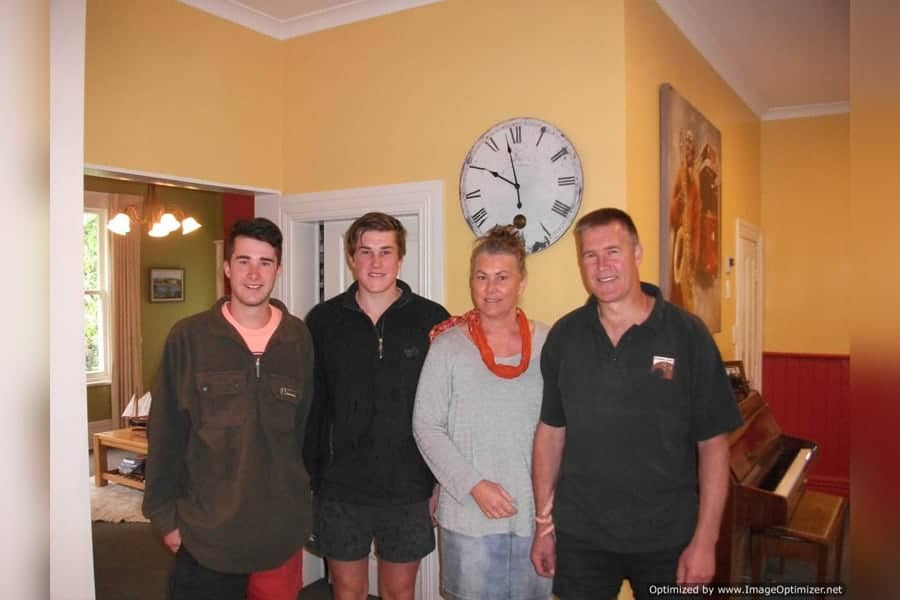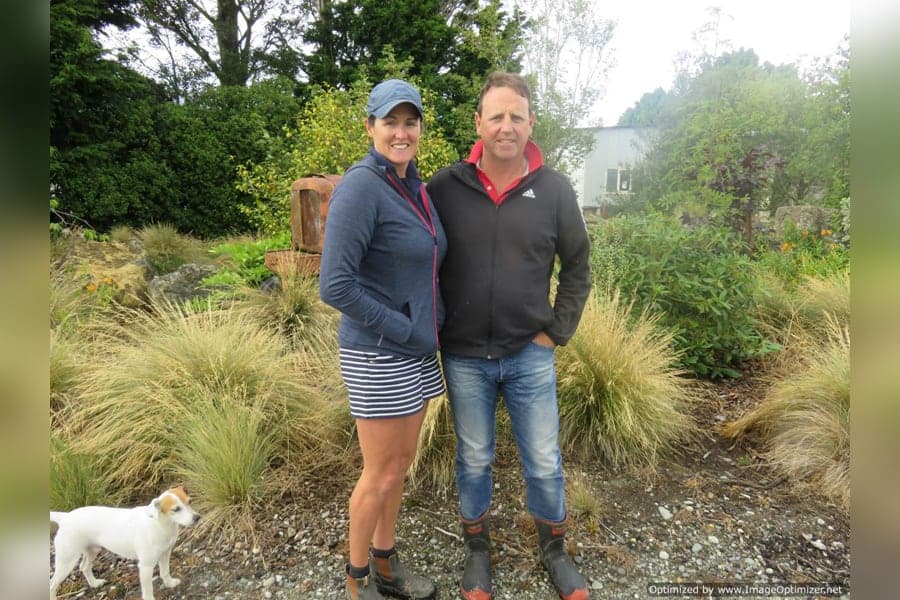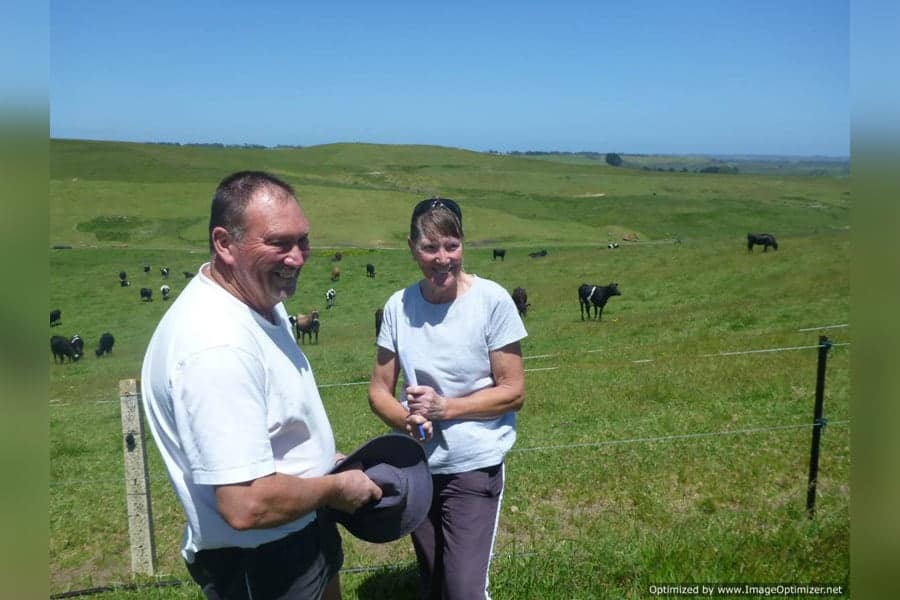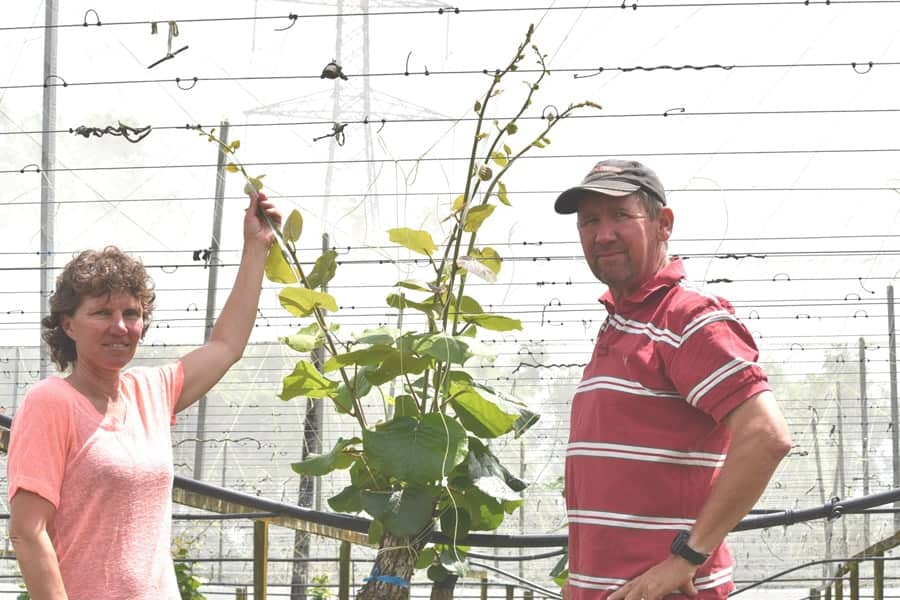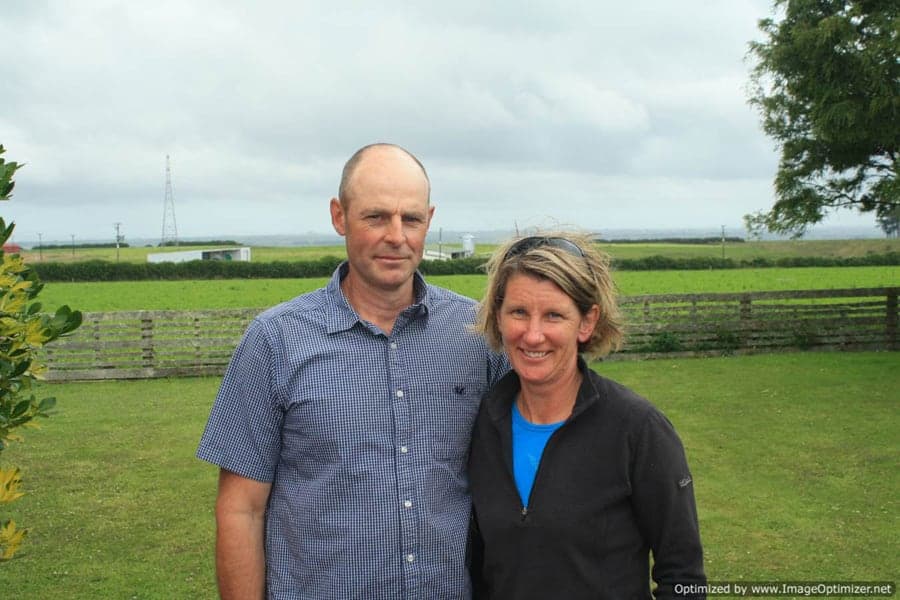A need to reduce stock losses initially sparked and Jude Tatham’s interest in environmental protection work, but it didn’t take long for them to realise that fencing marginal land also made sound business sense.
Situated just west of Piopio, the Tatham’s 500ha sheep and beef unit is dotted with rocky limestone outcrops and tomos
While the limestone outcrops are an attractive natural feature of the King Country farm, they complicate farm management and are an extreme risk to livestock. Tomos – holes that open up in the fragile volcanic soil structure – can be just as treacherous, particularly for sheep and young cattle.
Barrie says the fencing of these areas was started by his father to stop stock loss. “Then we started to see the benefits of fencing off cliff faces and realised that it actually took a lot of time out of mustering. So most of the fencing evolved out of making stock movement easier.”
The Tatham’s efforts in improving their farm earned them a Waikato Farm Environment Award in 2000.
Since then Barrie and Jude have continued fencing off waterways, wetlands and native bush. “It’s become a bug,” says Barrie. “You’ve just fenced off one area and then straight away you are looking at the next.”
Sharefarmers Kieran and Shona Bradley are fully supportive of the environmental plan which, as well as improving the farm’s aesthetics, has also led to a significant improvement in productivity.
“For example,” says Barrie, “we recently split two paddocks, which were bad for production and pretty unsafe for stock, into six – fencing off the bush and rockfaces into two paddocks and making four good paddocks out of the rest.”
“Those paddocks are now safe for cattle as well as sheep, and we can graze them with both stock classes.”
Pasture quality increased as a result, and the carrying capacity of the subdivided block went up significantly. Stock management is also much easier, he says.
With the help of Environment Waikato’s Clean Streams initiative, the Tathams are also protecting areas alongside the Mangaotaki River. Selected areas have been fenced off and planted with native species to protect the river bank.
Plantings on the farm include a mix of exotic and native species for nutrient buffering, stock shade and beautification. Thousands of native trees have been planted in recent years and around 40ha of land has been covenanted by the QEII National Trust.
Pole planting has been used to stabilise potential slip areas, and pest control has been another priority. “A few years ago we started a heck of a war on possums and one year we took over 1000.”
Barrie is an enthusiastic supporter of the Ballance Farm Environment Awards, though he was originally a reluctant entrant. When awards founder Gordon Stephenson suggested he and Jude enter, Barrie said they weren’t ready.
“But Gordon convinced us to enter on the basis that at the very least it would be a learning experience and we would pick up a lot of information for the next time.”
The Tatham’s ended up winning the sheep and beef farm section. “We were just lucky to win first time out. Nowadays I encourage a lot of people to enter and most of them tell me that they are not ready to enter yet. I just tell them they are never going to be ready and they should just give it a go.”
Entries for the 2008 Waikato BFEA awards close on November 9 and Barrie says farmers should enter even if their environmental work is still in its early stages. “The important thing is to demonstrate that you have a plan to start with.”
Waikato awards coordinator Phillipa Crequer says the closing date for 2008 has been extended by a week to enable farmers to get clear of the busy calving and lambing periods.
Entering the awards is a very simple process and information can be obtained by emailing or
Farmers can enter on line at www.bfea.org.nz or through Environment Waikato www.ew.govt.nz
